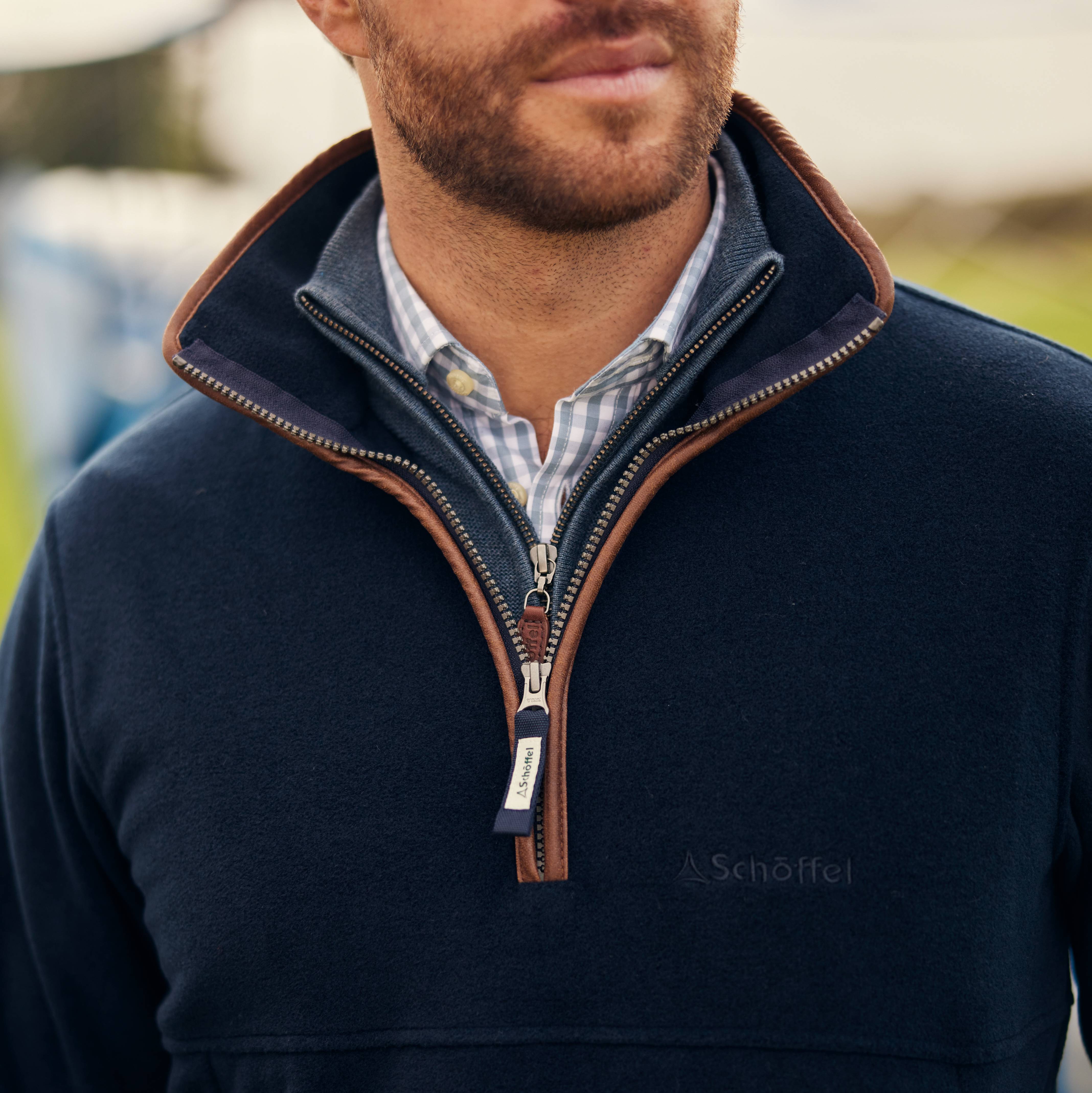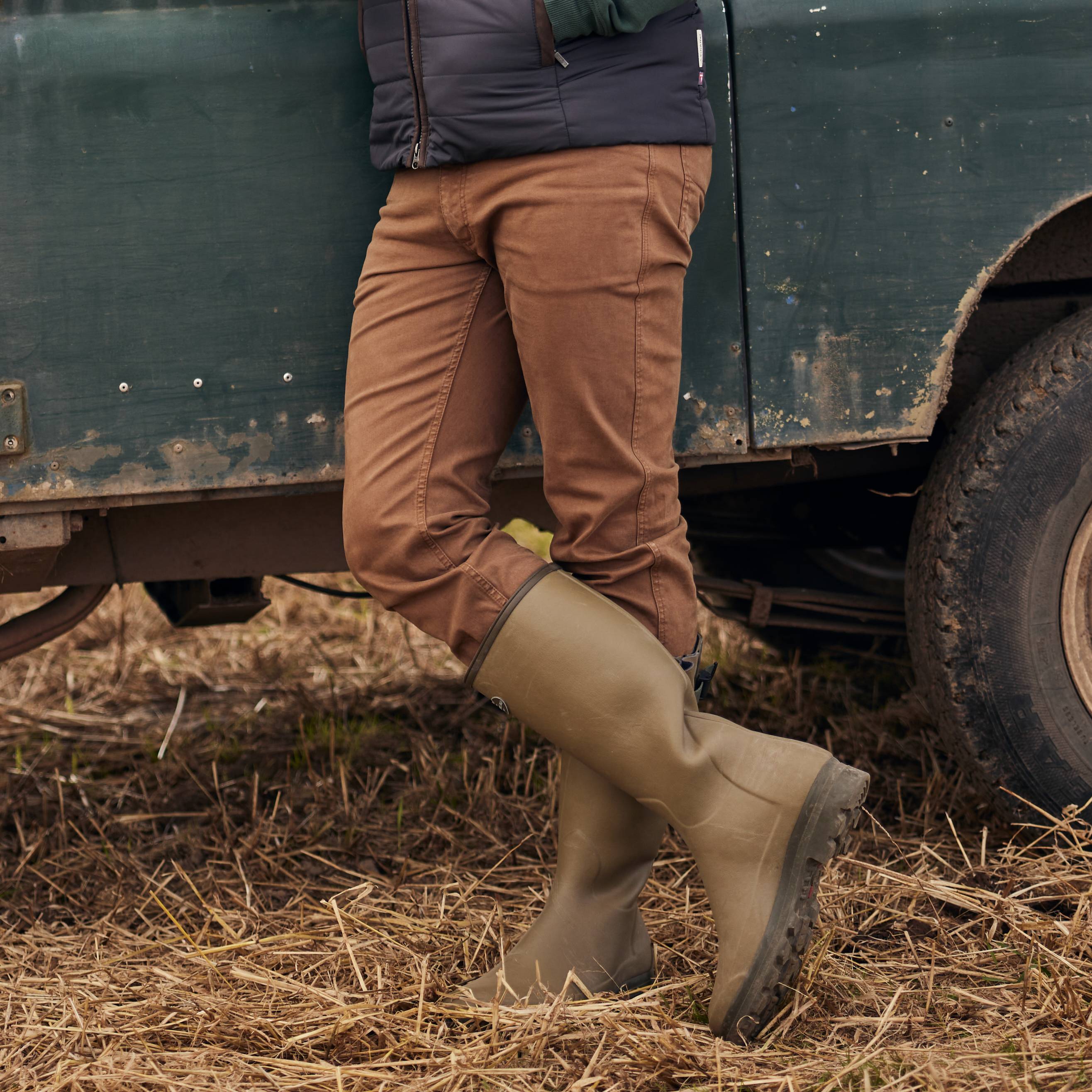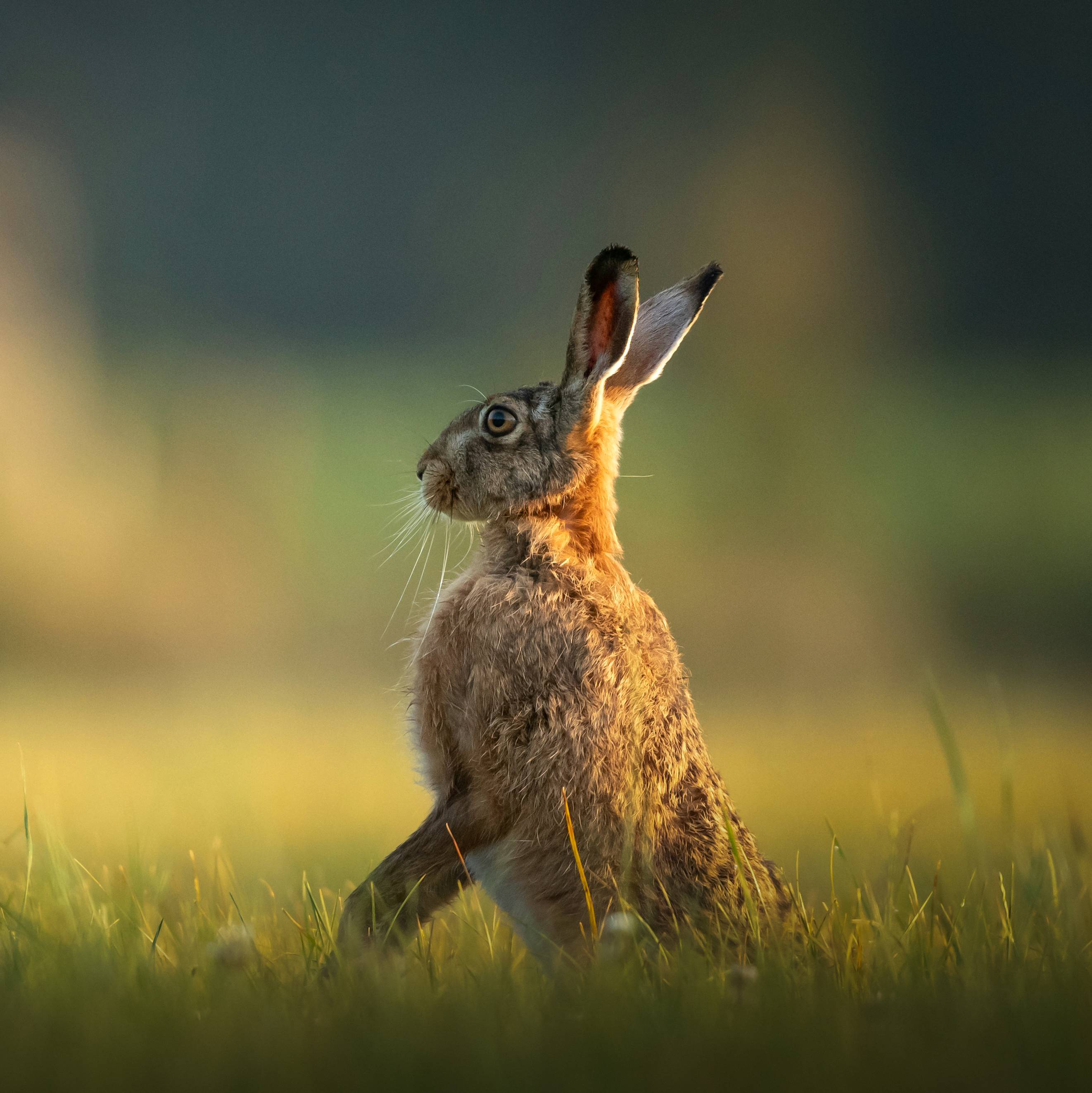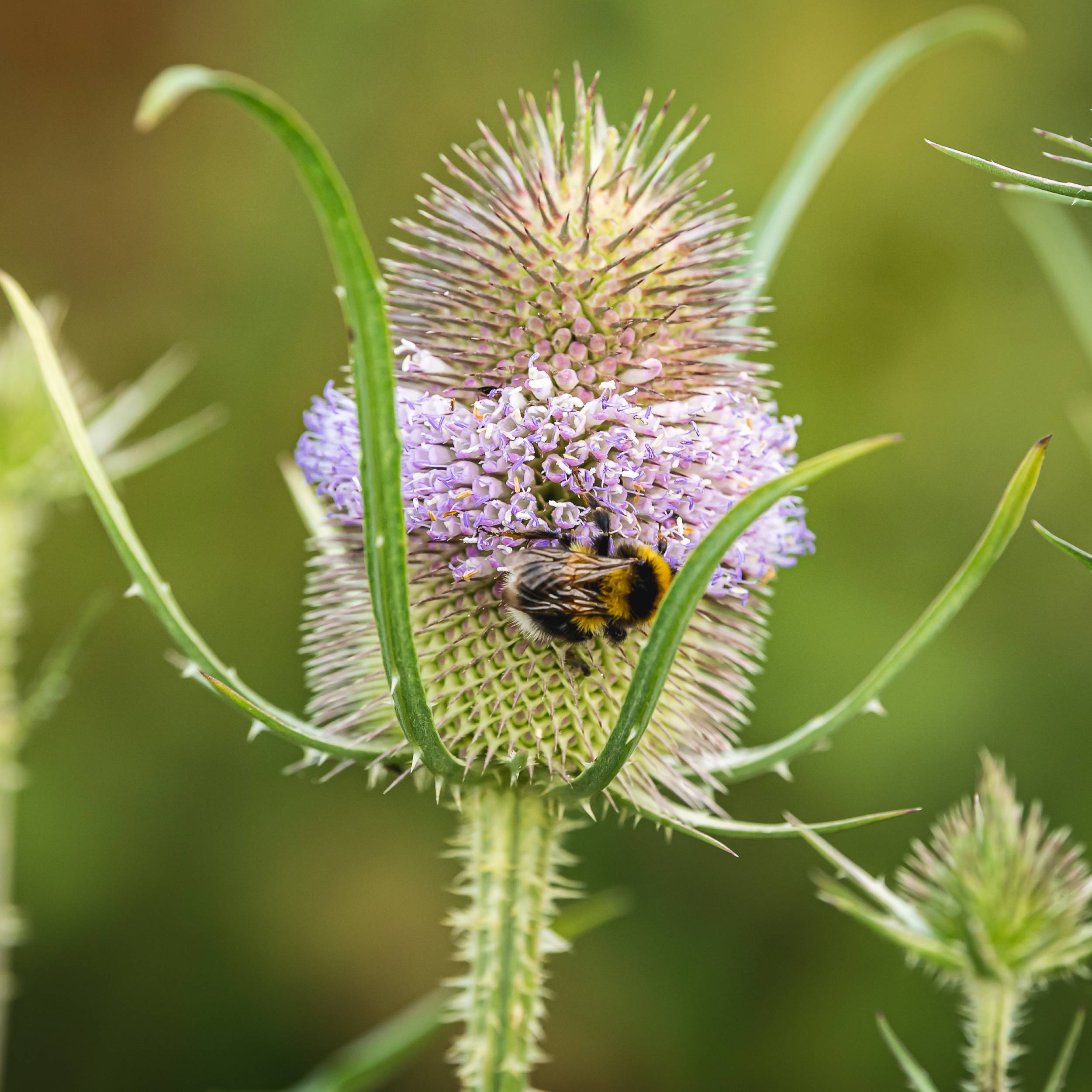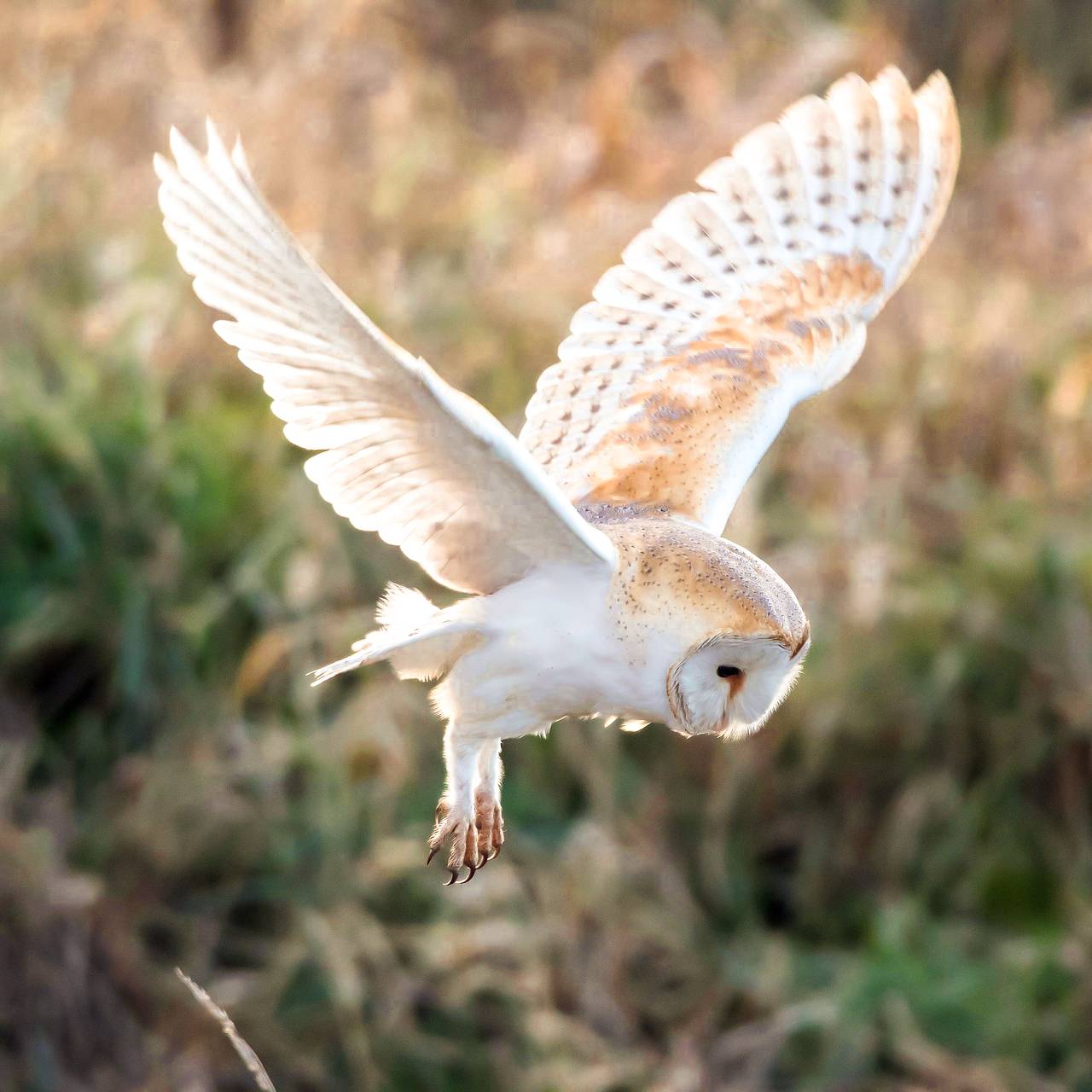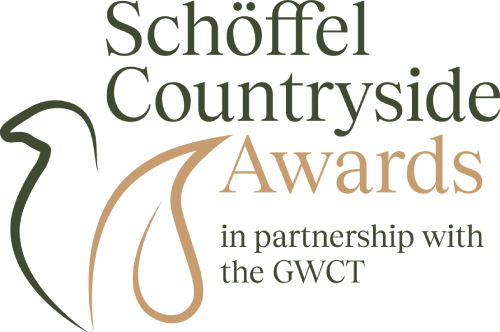
We’re delighted to have secured the support of and commitment from a range of individuals who, alongside scientists from the Game & Wildlife Conservation Trust, will comprise the judging panel, help with the shortlisting of entries, and visit those shortlisted.
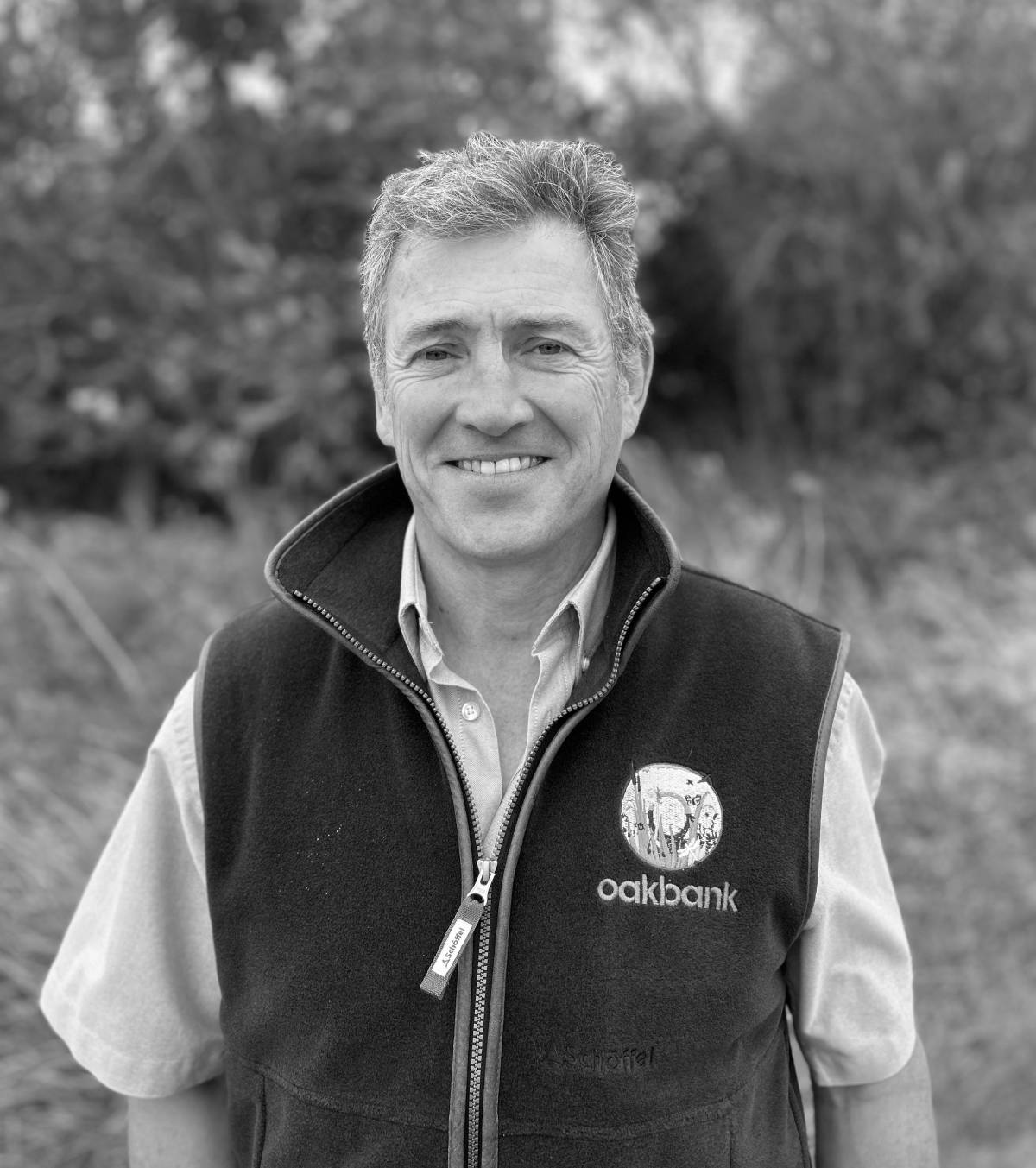
Tim is a founder and director of Oakbank Game & Conservation Ltd, a company established in 2004 which supplies clients across the UK with seed and advice, helping them with grant applications, ecological surveys, and habitat creation and management. The Oakbank team also helps those who are considering a more regenerative approach to their farming system.
Tim is passionate about the British countryside and still finds time to write for several countryside publications. He has been on the judging panel of the prestigious Purdey Awards for Game and Conservation since 2011.
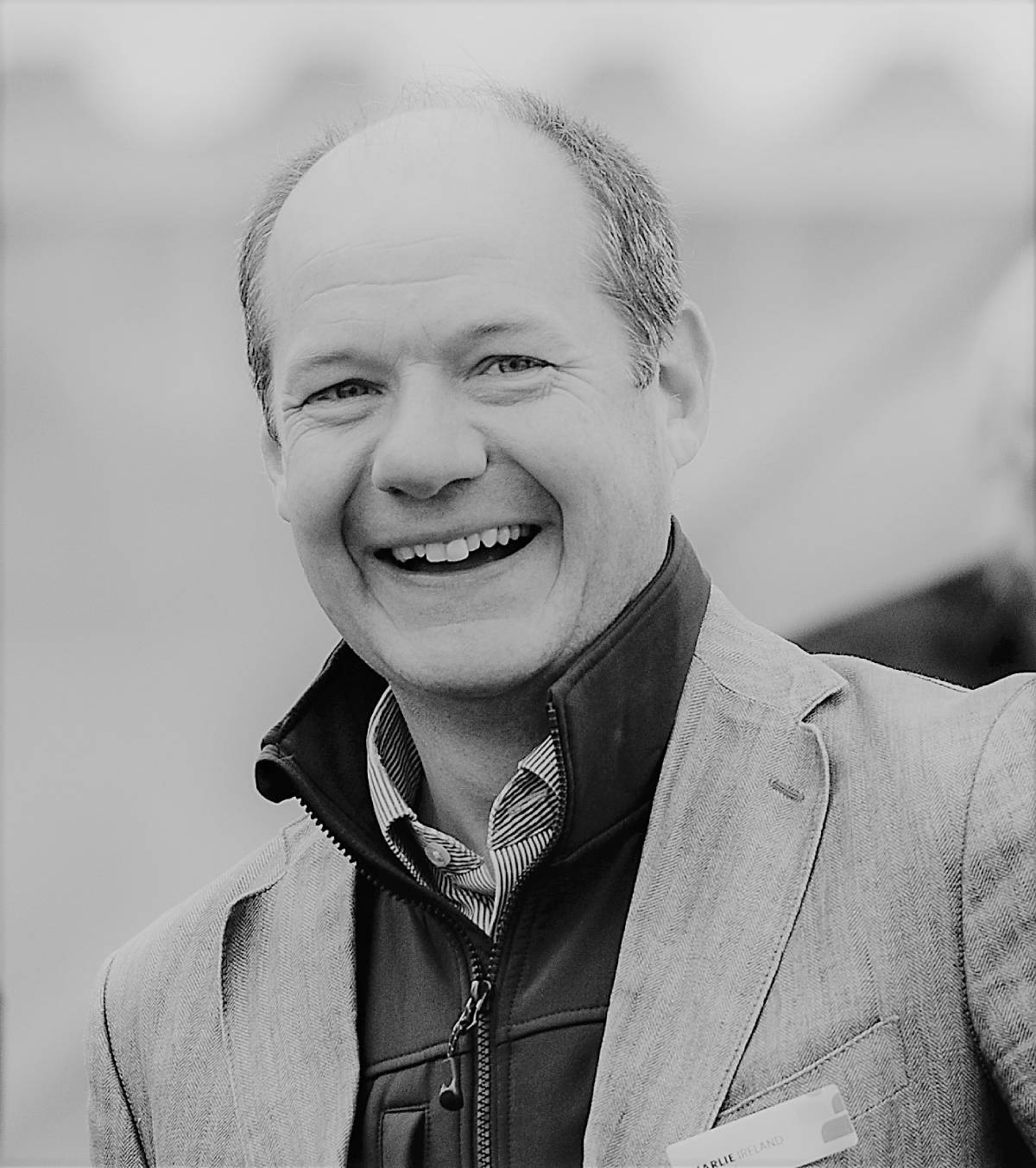
Well known for his prominent role in the acclaimed Clarkson’s Farm series, Charlie has 20 years of experience providing leading farm management and consultancy advice to clients across the west and south east of England. Specialising in farm management and strategic planning, Charlie is a registered agricultural valuer, a qualified agronomist (ICM and BETA), and has been a committee member of the Game & Wildlife Conservation Trust. He advises a number of high profile and high net worth clients, including Jeremy Clarkson.
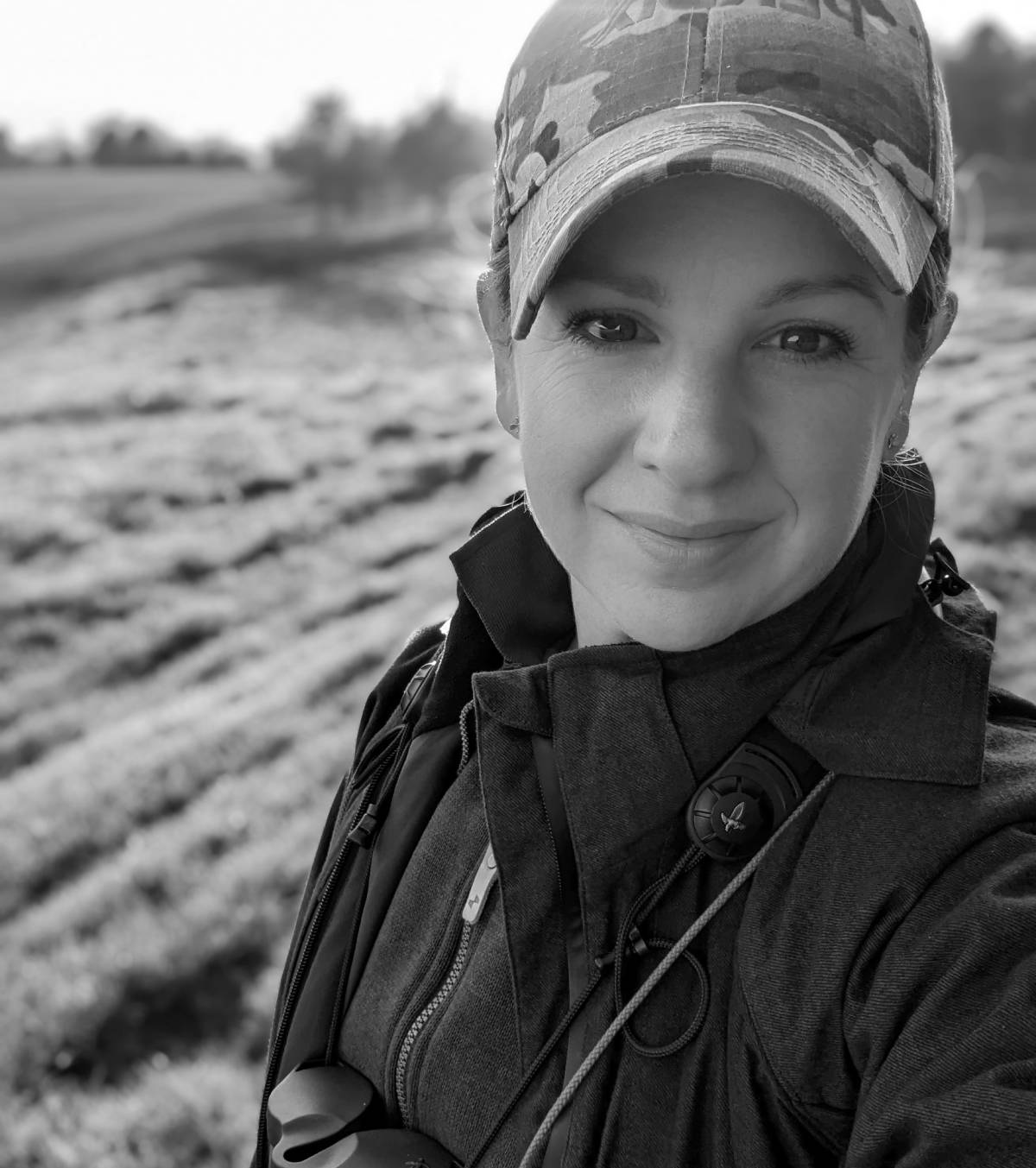
Megan has worked in land management and agroecology for nearly 20 years, with a varied career that has entailed all sorts from working for government delivering agri-environment schemes to managing private estates, working for the CLA as a regional and national advisor, and now her current role at the GWCT as a farmland biodiversity advisor. Within this role, Megan facilitates two large Farmer Clusters, undertaking ecological surveys, planning and overseeing habitat connection, creation and management, and providing training and events. She also delivers GWCT advisory services and manages several individual client portfolios.
Megan is a Member of the Chartered Institute of Ecology and Environmental Management and is listed on the BASIS Environmental Advisers Register.

Vee is an innovator, co-inventor, and a chartered mechanical engineer. He has been with Branston Ltd, one of the largest retail potato packers in the UK, for 19 years and has held a varied portfolio within the company, recently marking 15 years as executive board director. Vee is currently a board member and CEO of a group of agri-tech companies; B-hive Innovations Ltd provides commercial R&D for the agri industry, HarvestEye Ltd is a crop insight company for the fresh produce industry, and Root Extracts Ltd is a functional food ingredient start-up for the plant-based industry.
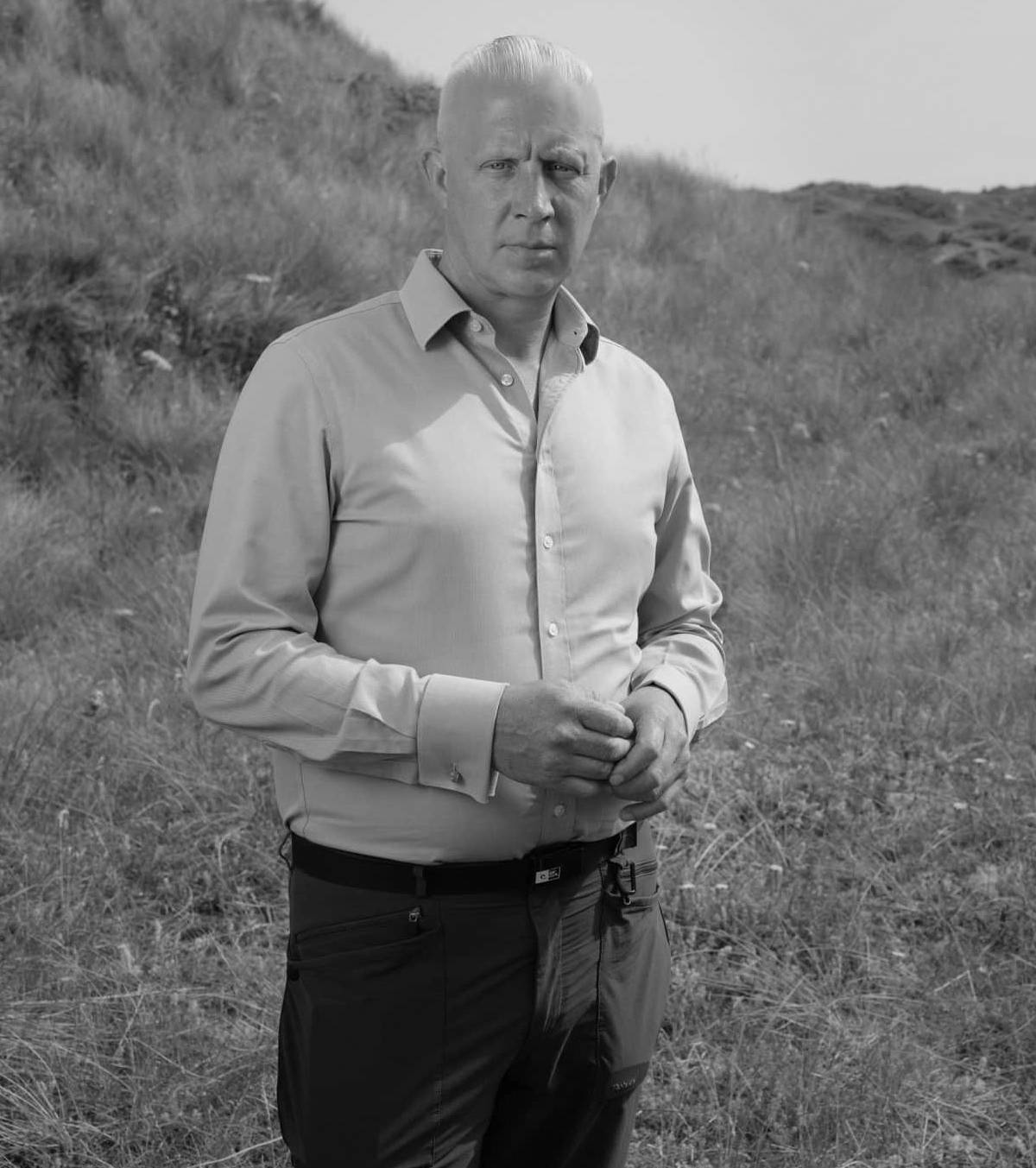
Jake is director of Holkham National Nature Reserve and general manager of conservation at the Holkham Estate in Norfolk. With 30 years of experience in land management on private landed estates, he has held a range of roles, including co-chair of the National Nature Reserve Steering Group, a panel member on the Designated Landscapes Glover Review, practitioner lead on Defra’s Species Reintroductions Task Force, and a member of the RSPB England Advisory Committee. Also the author of Land Healer, Jake is a sought-after speaker and contributor.
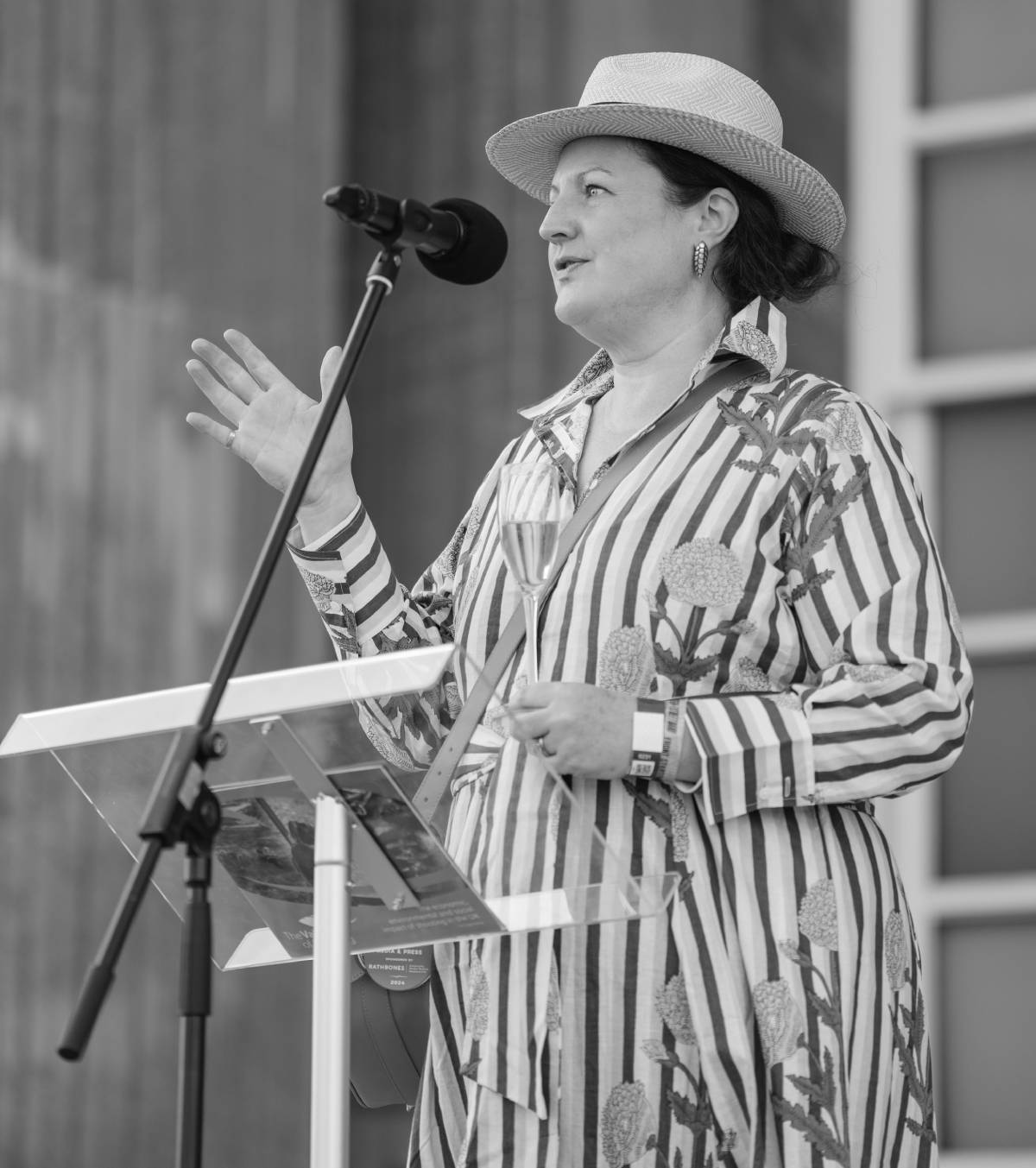
Alexandra Henton has been the editor of The Field since 2020, having joined the title in 2008. She is passionate about curating and creating exceptional content, with a keen eye for authenticity. Last year she launched The Field Junior: the first of its kind, it is a magazine for sporting and countryside-keen eight- to 16-year-olds. As a trustee of the GWCT, the British Sporting Art Trust and a Purdey Awards judge, Alexandra is an advocate and enthusiast for everything the countryside has to offer. She lives with her family and other animals on a farm in Leicestershire and is delighted to be part of the judging panel for the Schöffel Countryside Awards.

Director of policy and the Allerton Project for the Game & Wildlife Conservation Trust (GWCT), Alastair is an agricultural scientist and BASIS-qualified agronomist. His work has focussed on combining productive farming with wildlife conservation. He has board-level experience with GWCT, Rothamsted Research, The Arable Group, Agricology and the UK Soil Management Initiative. He is a current board member of Natural England. Alastair received the 2023 National Agricultural Award from the Royal Agricultural Society for an outstanding contribution to the advancement of agriculture in the United Kingdom.
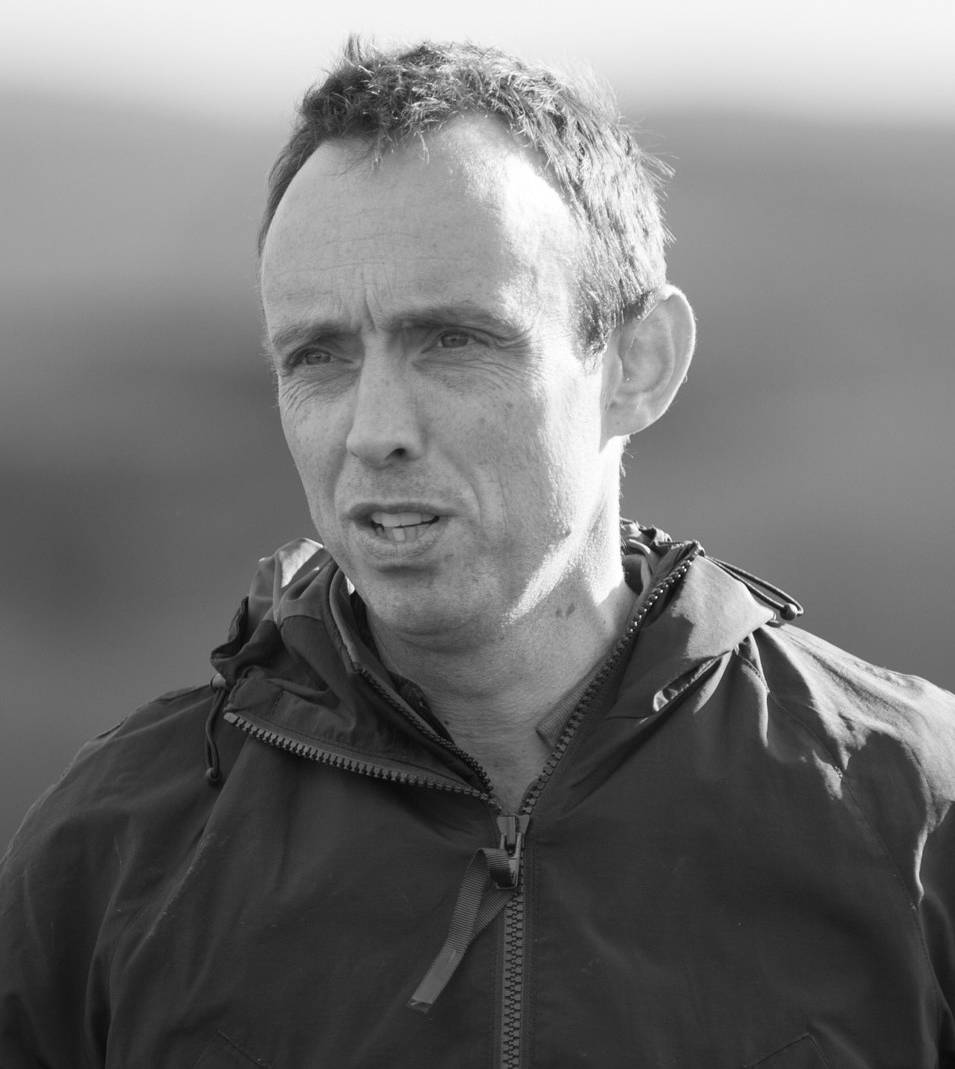
Livestock farmer and farm business consultant Rhys lives on a family farm on the Llyn Peninsula, North Wales and consults for Precision Grazing Ltd. He established Coed Coch Farms Ltd sheep share farming company in 2016 where low input, regenerative farming is practised. Rhys has a background in education and specialises in grazing management, regenerative farming, joint ventures, farm business planning and facilitates farm succession meetings. He has a passion for developing financially, environmentally and socially sustainable farming businesses.
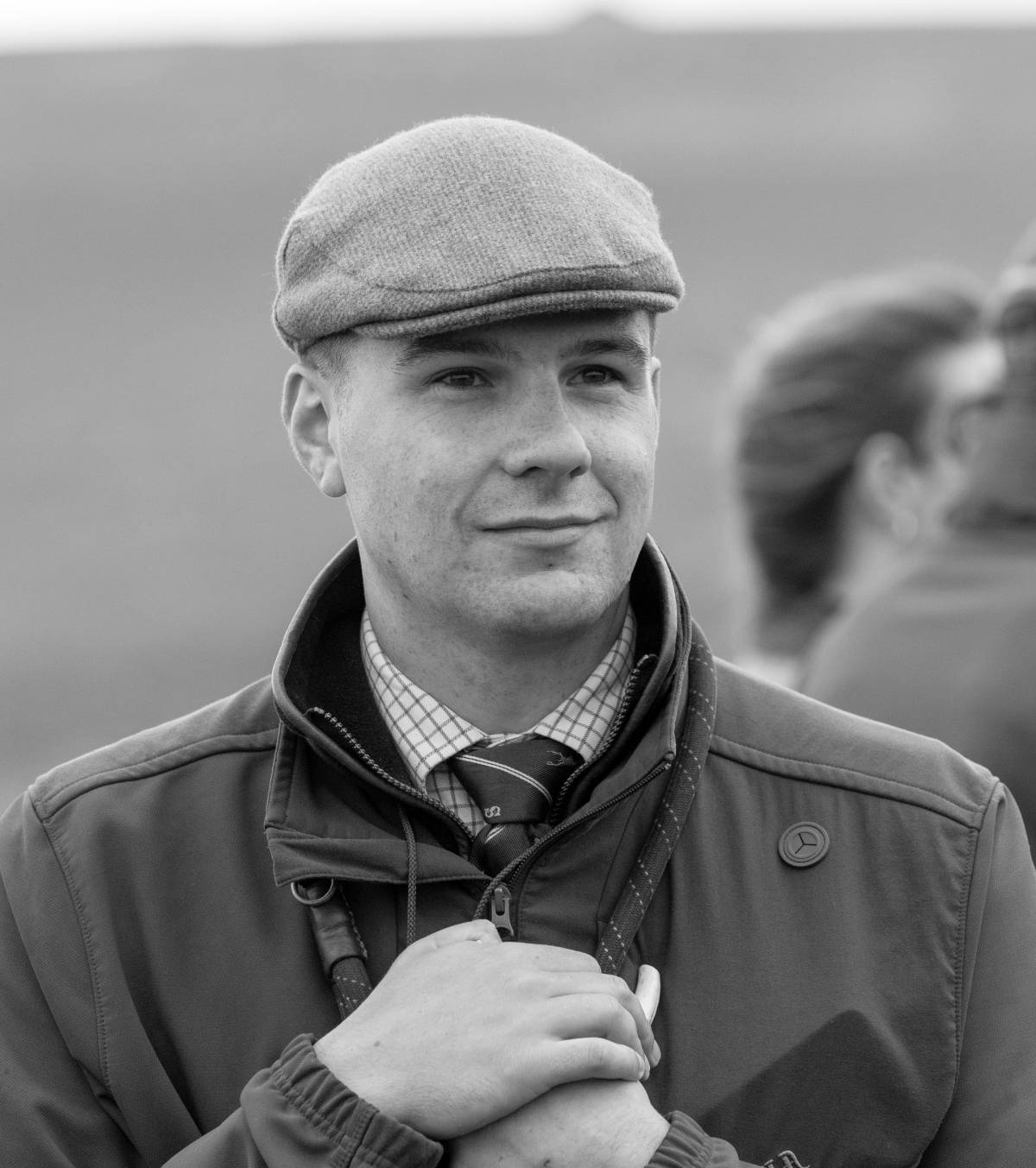
Ross is director of moorland at Scottish Land & Estates where he leads representation on moorland and wildlife management. He previously worked for EDF Renewables and the British Association for Shooting and Conservation in Scotland, before which he studied Geography at the University of St Andrews and Sustainable Mountain Development at the University of the Highlands and Islands. He researched moorland and wildlife management extensively at both institutions.
Ross is a fellow of the Royal Geographical Society and a member of the Chartered Institute of Public Relations. Outside of work, he enjoys game shooting, deer stalking, hill walking and skiing.
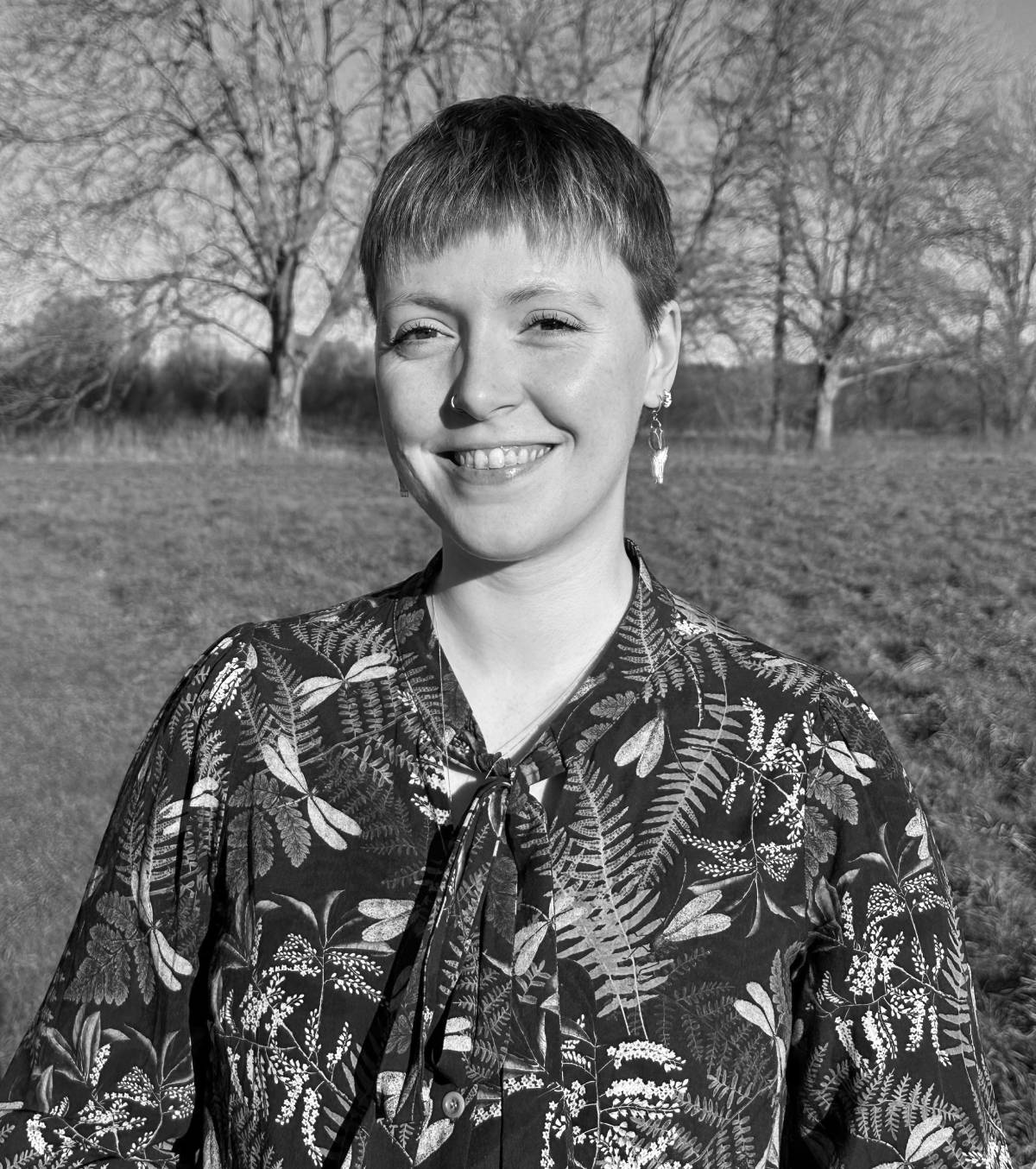
Amber is the director of membership, marketing and communications at the GWCT and the chairperson of a regional amphibian and reptile conservation group. Having trained as a wildlife biologist and completing an MSc in Ecological Monitoring, she has a varied background in biodiversity conservation, science communication and public engagement. Through her career she has designed and helped deliver a Natural England-funded landscape conservation plan, guided regional habitat improvement, and has developed citizen science projects with local communities and partners. In her role, she is passionate about sharing GWCT’s research and advice, and helping conservation and countryside management reach wide audiences.
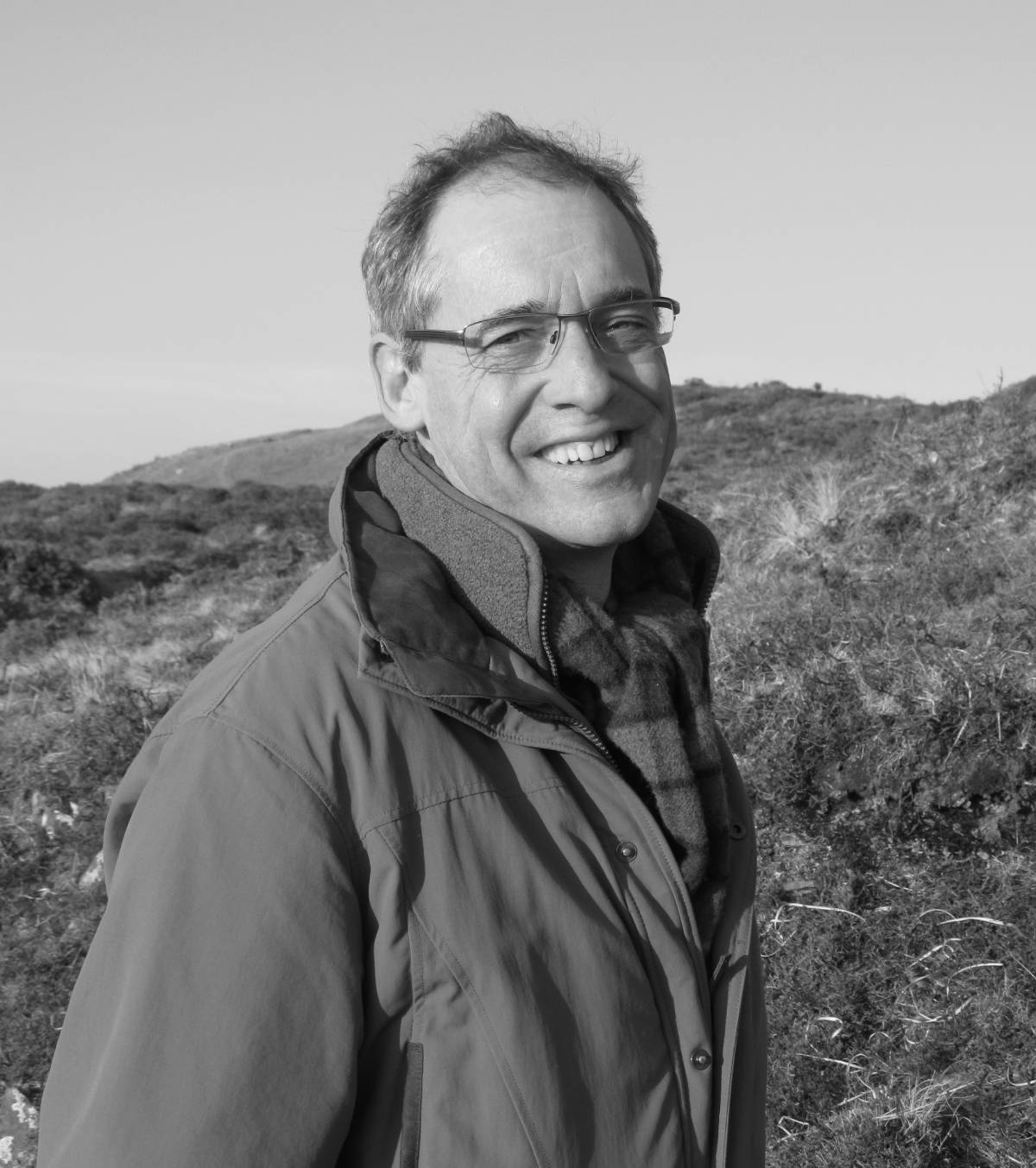
Owen Williams is a professional wildlife artist and writer with an increasing involvement in the debate on management of the uplands, moorland, tree planting and farming. He is a trustee and Wales Chair of the Game & Wildlife Conservation Trust, and he has contributed to the published science on woodcock through 18 years of ringing and tagging of 2,500 individual birds. He recently conducted a scoping study looking at woodcock soil preference on their nocturnal feeding sites.
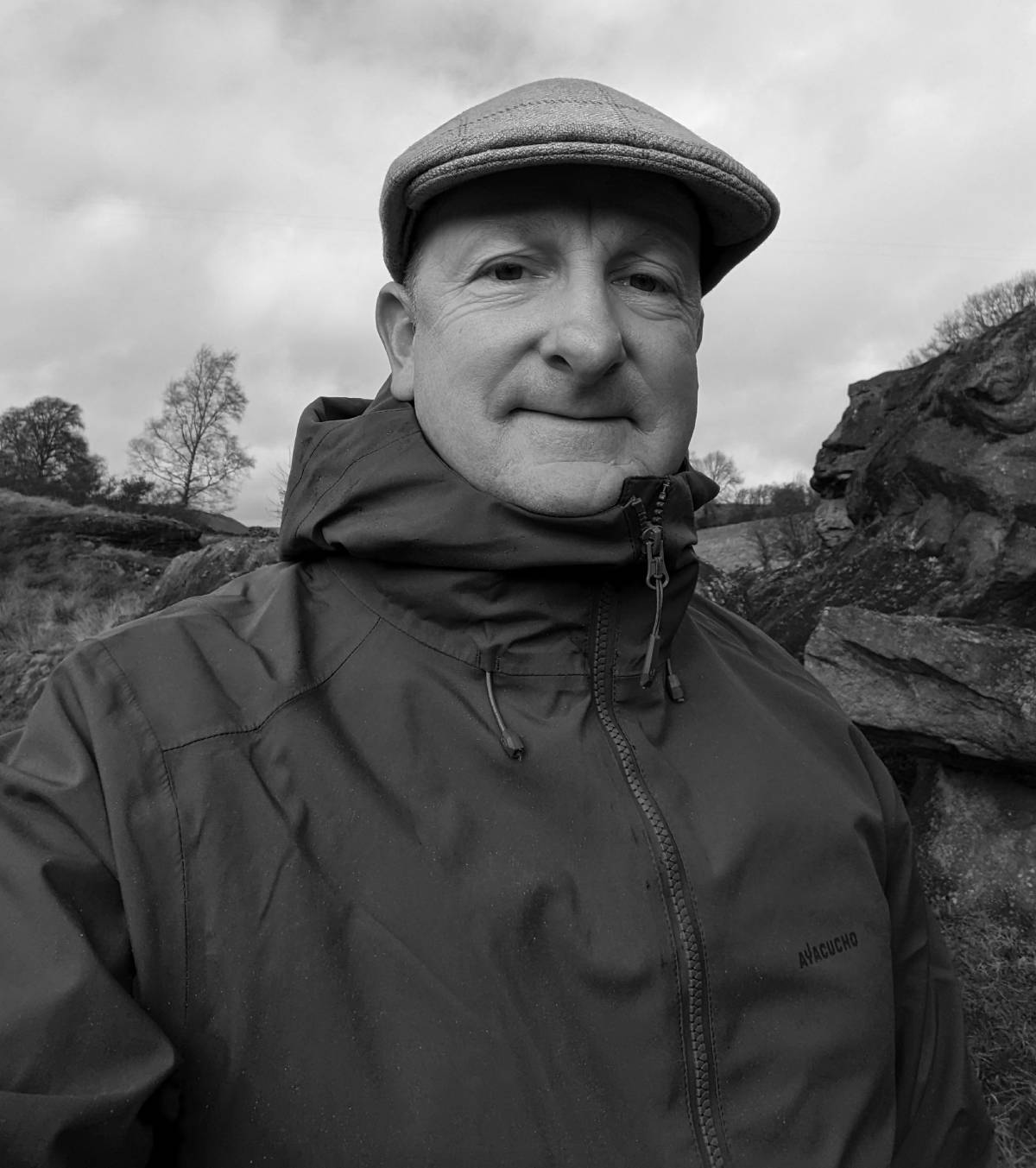
As director of the advisory and education department at the Game & Wildlife Conservation Trust, Roger leads a growing team of specialist advisors and ecologists helping land managers deliver positive environmental outcomes within the rural environment. Roger provides science-based advice on land and wildlife management and natural capital services to farmers, foresters, game and wildlife managers, and policymakers.
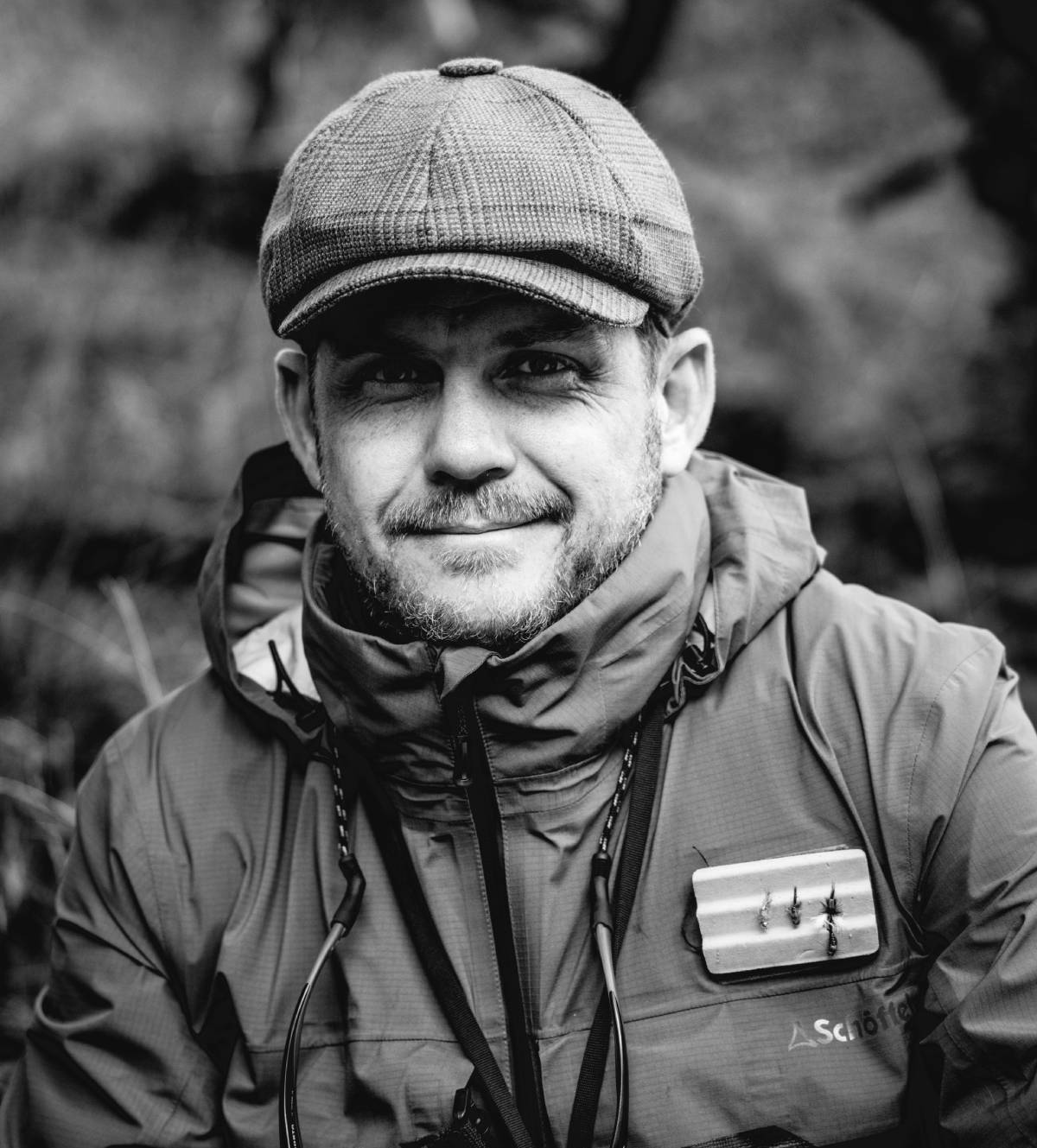
Marcus is the executive director of Schöffel Country. He started his career in the safari and wildlife conservation industries in South Africa, where he grew up, before moving to Scotland to study Environmental Geography at the University of Aberdeen, and then London for a post-grad in journalism. He has since written for and edited a wide range of countryside and country sports publications, and joined Bradshaw Taylor as brand director of Schöffel Country in 2017. Marcus is an advocate of a pragmatic approach to wildlife conservation though sustainable utilisation. He has been on the judging panel of the Purdey Awards for Game and Conservation since 2014.
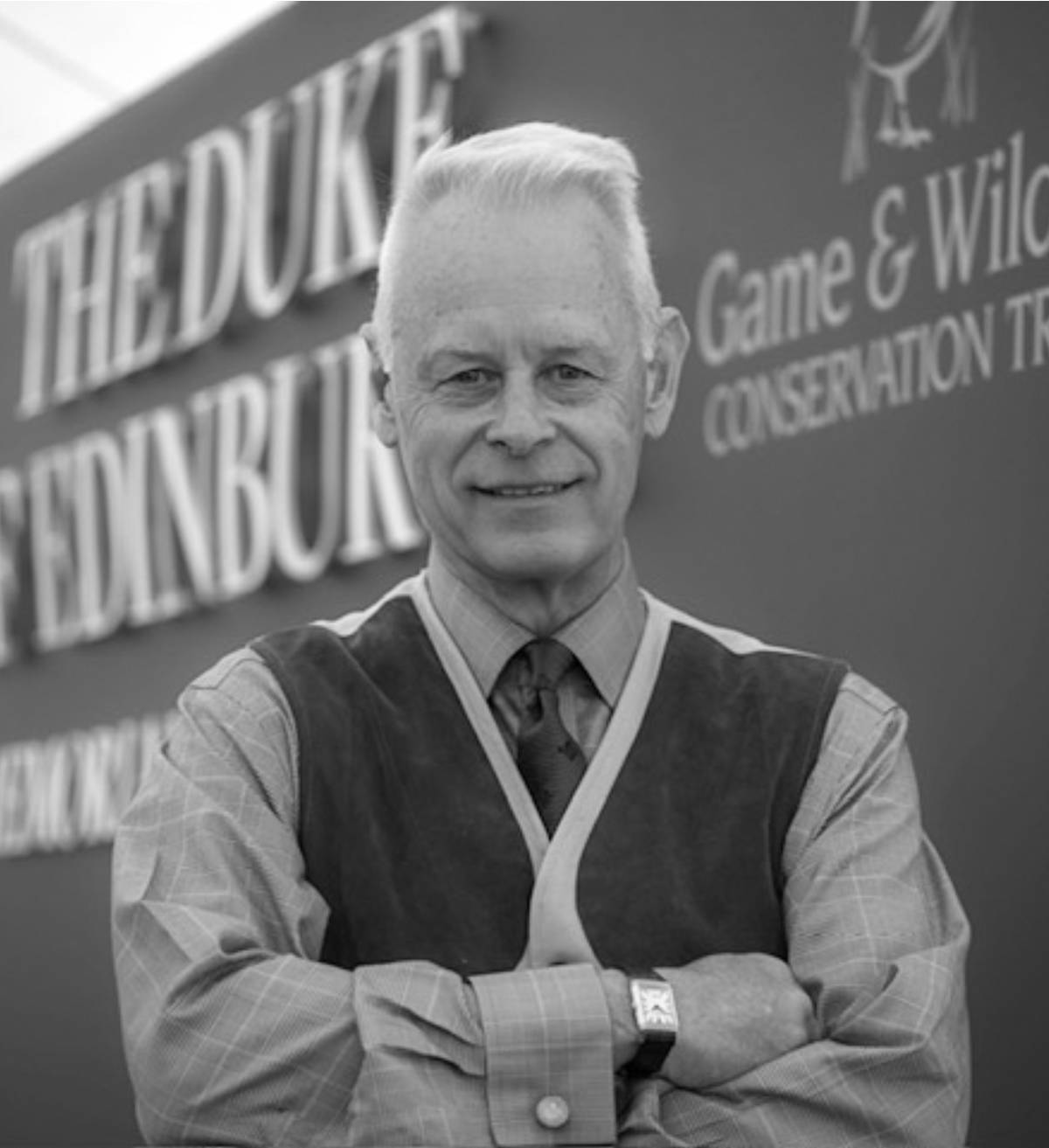
Dylan spent his formative years studying and working in agriculture in Wales, before working for the Countryside Commission for Scotland on the wild north-west coast.
As head of the game and wildlife management department at Sparsholt College, he created the first three-year National Diploma in Game, Wildlife and Conservation Management, which continues to this day.
In 1991, Dylan founded the Royal Berkshire Shooting School. Following the acquisition of Royal Berkshire Shooting Group in 2018 by James Purdey and Sons, he went on to establish Pressendye Limited – a consultancy which provides private shooting tuition, assists rural businesses, and promotes a range of brands and companies. Dylan is also a consultant to the GWCT and Eat Wild.
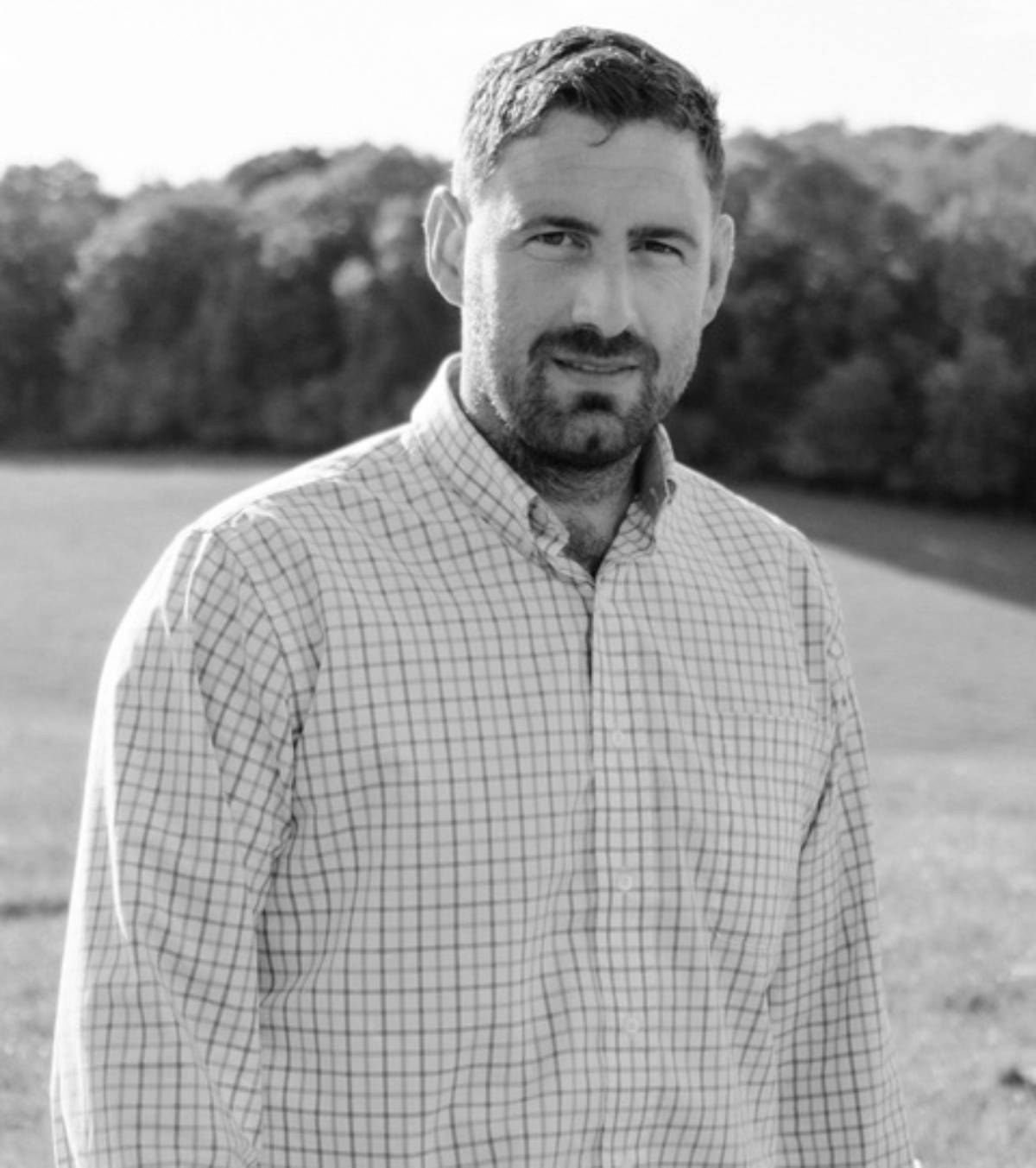
A gold award winner in the Purdey Awards for Game and Conservation, Stewart is an experienced estate, sporting and biodiversity manager with a proven track record of creating sustainable models for large-scale agricultural businesses. Skilled in conservation management, sporting estate operations and wildlife habitat enhancement, he is particularly interested in environmental sustainability and conservation management.
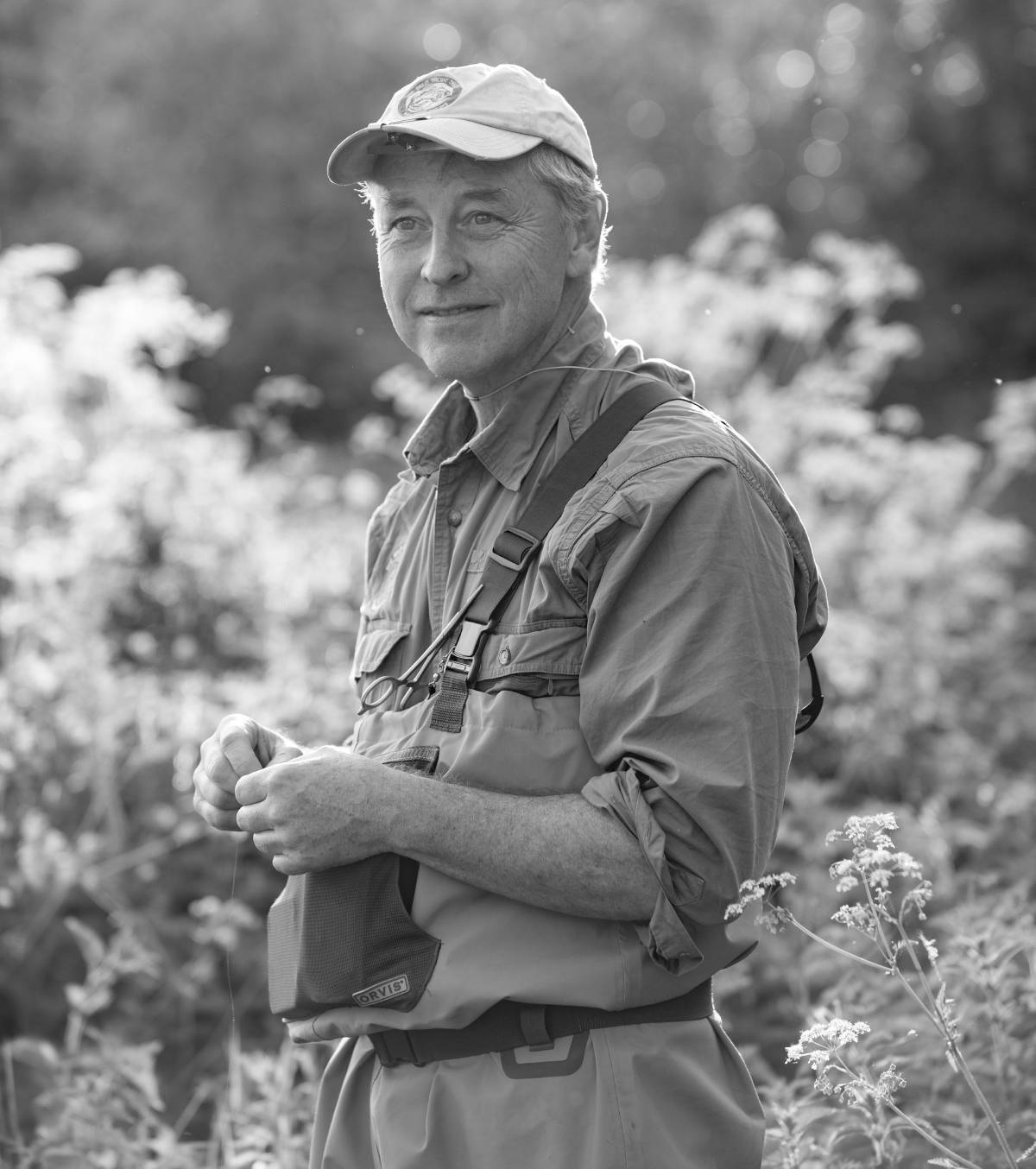
Shaun is director of the Wild Trout Trust, a conservation charity passionately committed to protecting and improving rivers, their trout and all the biota in and around them. He’s an unashamed fish bloke, inspired by a childhood in and on the Indian Ocean, in the trout streams of southern Ireland and now 40 years of a professional life in fishery management, both game and coarse, with a lengthy and ongoing scientific background and continuing involvement with the fisheries and fish farming sectors. He is an avid fisher though continuously disappointed that 58 years of practice appears only to make him worse with each outing.
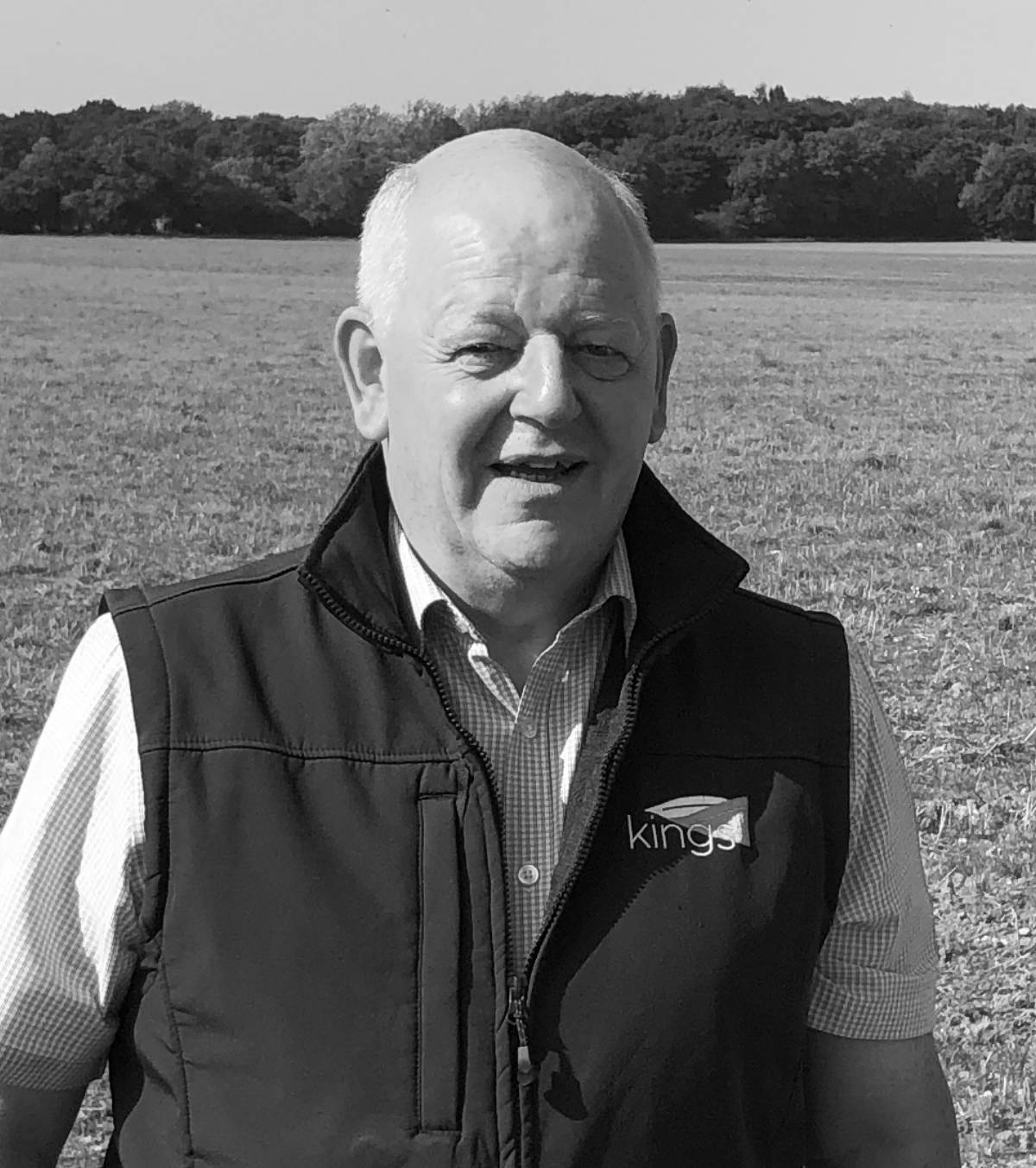
Jim is a sustainable farming advisor for Frontier Agriculture’s specialist crops and environmental land management business, Kings Crops. Jim joined Kings in 2019, working across the whole agricultural supply chain while also providing farm-gate support. He has extensive knowledge on the effective use of environmental measures and believes it is key to incorporate good environmental management alongside commercial farming to help deliver a range of biodiversity and business objectives. He also helps supply businesses understand what is practical to deliver on farm.
Prior to Kings, Jim worked with the GWCT’s Allerton Project as head of training and development, where he was also the founder of the Big Farmland Bird Count. He was previously technical director for the Farming and Wildlife Advisory Group.
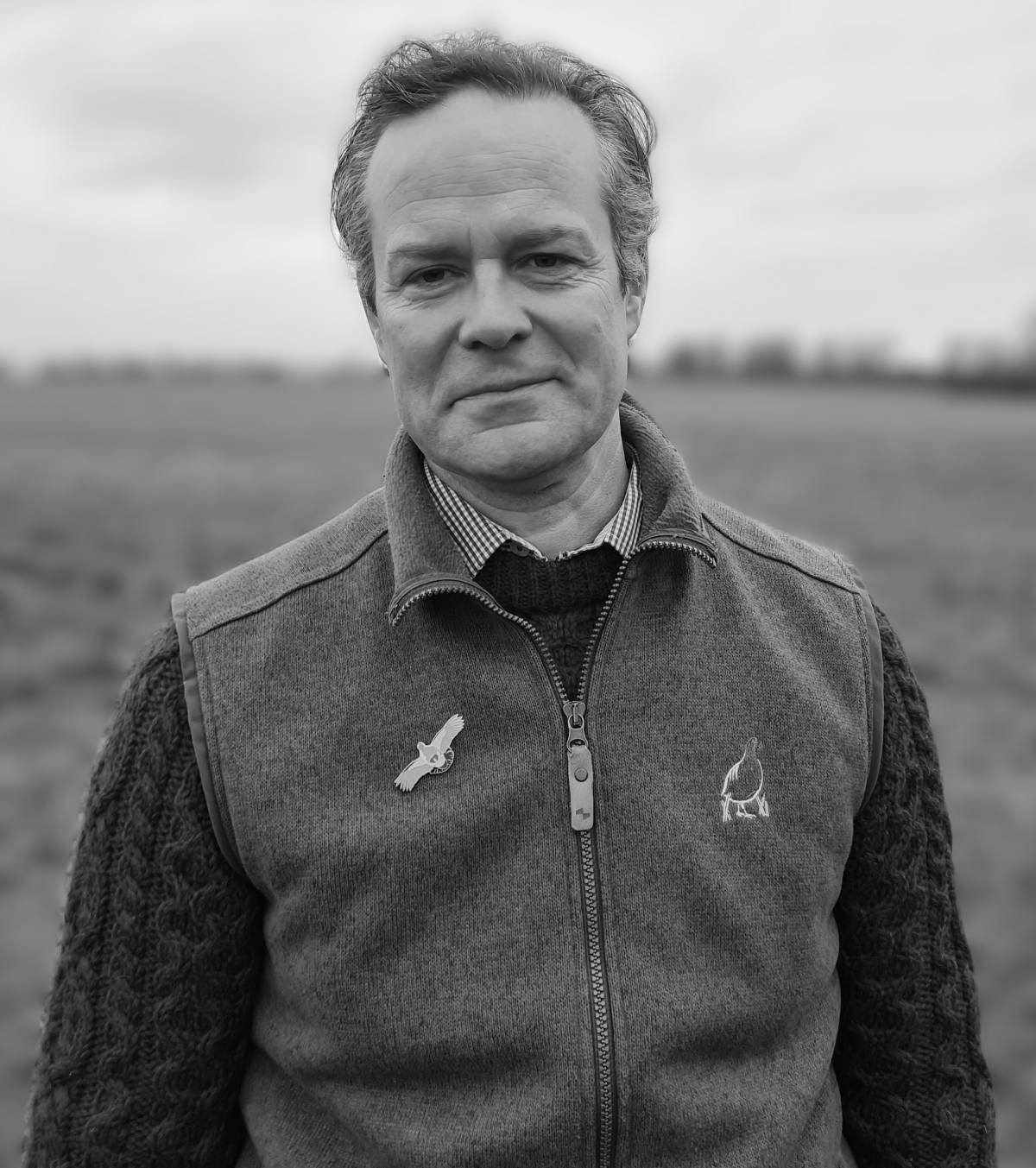
Francis is the GWCT’s head of wildlife recovery and holds a higher degree in Conservation Biology and Ornithology. He has spent over 25 years researching practical solutions for farmland wildlife recovery, in particular the grey partridge. In the recently concluded and highly praised PARTRIDGE Interreg project, he led an international multi-disciplinary team who demonstrated how farmland wildlife can be restored successfully. Widely regarded as the international expert on grey partridge conservation and an expert on farmland biodiversity, he has worked with a multitude of rural stakeholders, including single farmers, farmer clusters, hunters, farm advisors, scientists, conservation NGOs and agri-policymakers. He is currently developing a conservation plan for the Avon Catchment Environmental Farmers Group (EFG) together with GWCT colleagues.
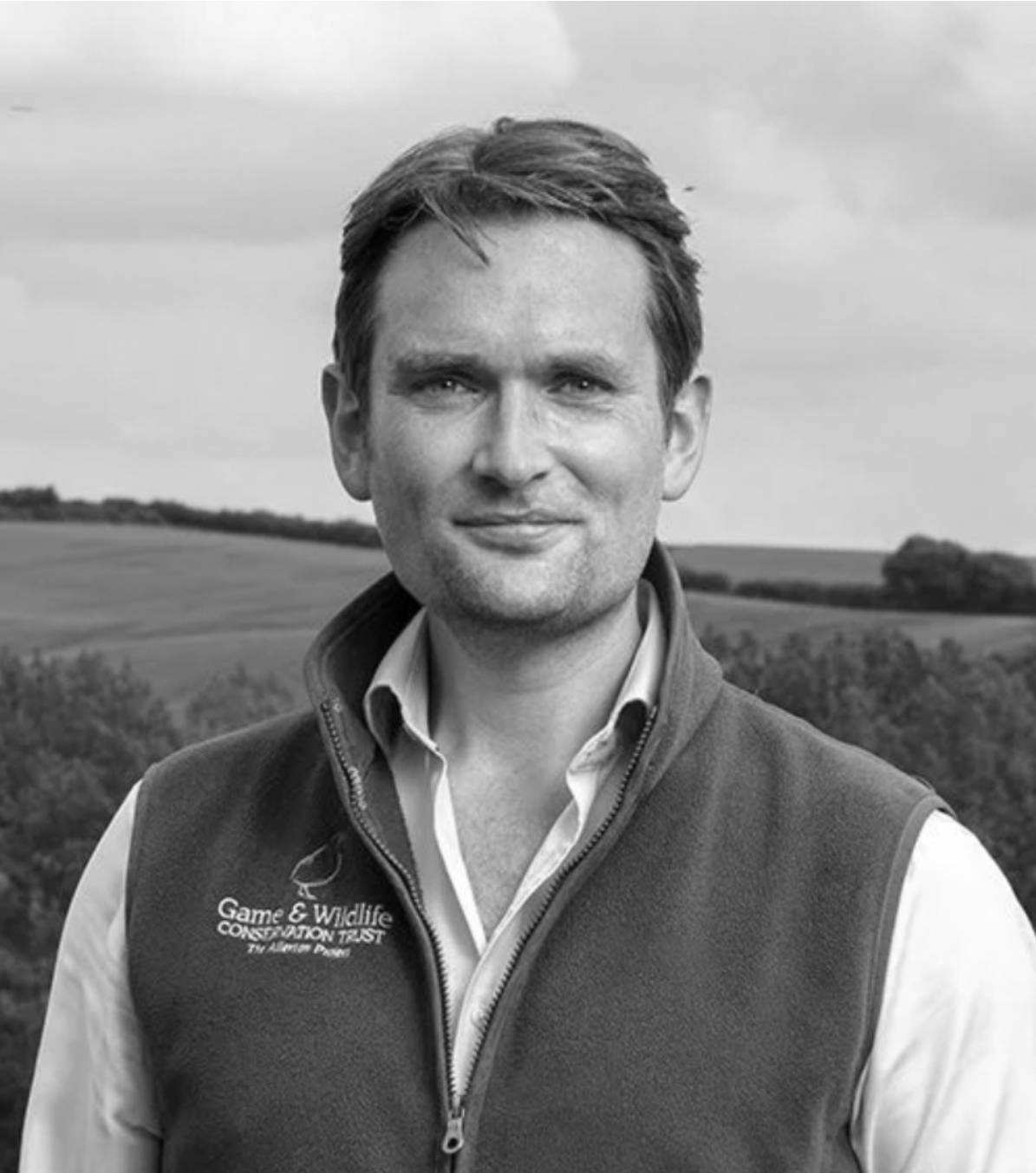
Joe Stanley is head of sustainable farming at the Allerton Project, the GWCT’s research and demonstration farm in Leicestershire. Prior to joining the GWCT in 2021, he spent 15 years as an arable, beef and dairy farmer on his family farm. Joe is a passionate advocate for the benefits of nature and climate-friendly farming, is a columnist for Farmers Weekly and NFU Countryside, and is author of Farm to Fork: The Challenge of Sustainable Farming in 21st Century Britain. He is rarely to be found more than ten feet away from his pair of Jack Russell terriers, Ted and Toby.
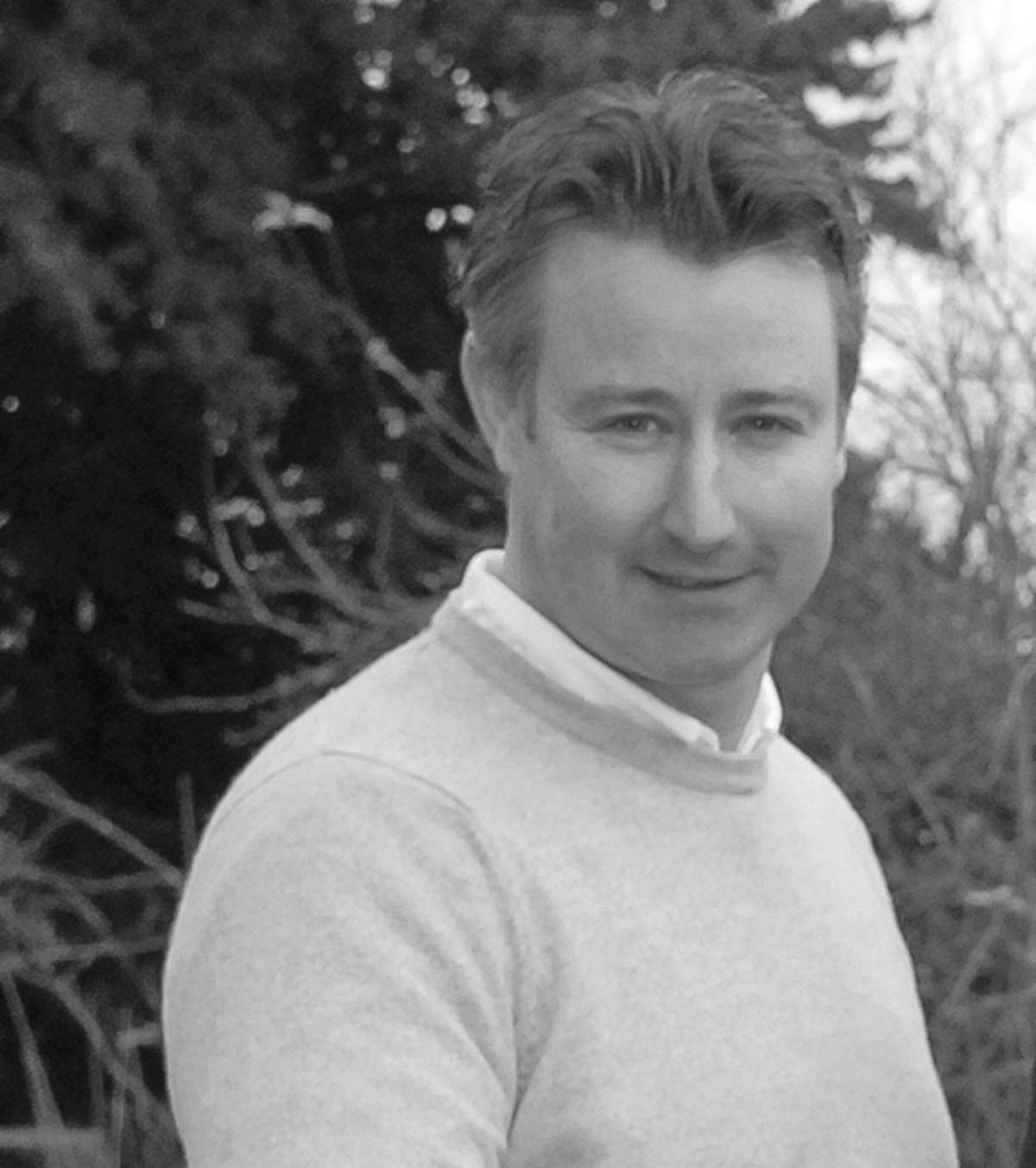
Growing up in south-west Wales, Dylan is a keen salmon and sea trout angler who graduated with a degree in Fisheries Science and Oceanography from Plymouth University in 1993. Soon after he began work for the National Rivers Authority, Fisheries in Wales, before joining the GWCT as a fisheries scientist in 1998, studying the effects of river restoration projects and stocking on wild juvenile salmon and trout. In 2006, he became head of fisheries and managed the GWCT’s Salmon and Trout Research Centre, based on the River Frome in Dorset. He’s also managed large multi-organisational EU-funded programmes focused on salmon and trout conservation.

Nick joined the GWCT's uplands research team in 2017 with a PhD in Biodiversity and Community Ecology. Based in the Scottish Borders, he has worked on a variety of both English and Scottish projects, including research on red and black grouse, capercaillie and wading birds. Most notably, Nick has led on the recent GWCT research projects on mountain hares in Scotland. Having previously worked for both ecological consultancies and rewilding charities in southern Scotland, he has helped deliver practical conservation and habitat restoration at the landscape scale. In his spare time, Nick, who is now head of advisory for GWCT Scotland, enjoys training and working gundogs and is involved with local game shoots in the Scottish Borders.
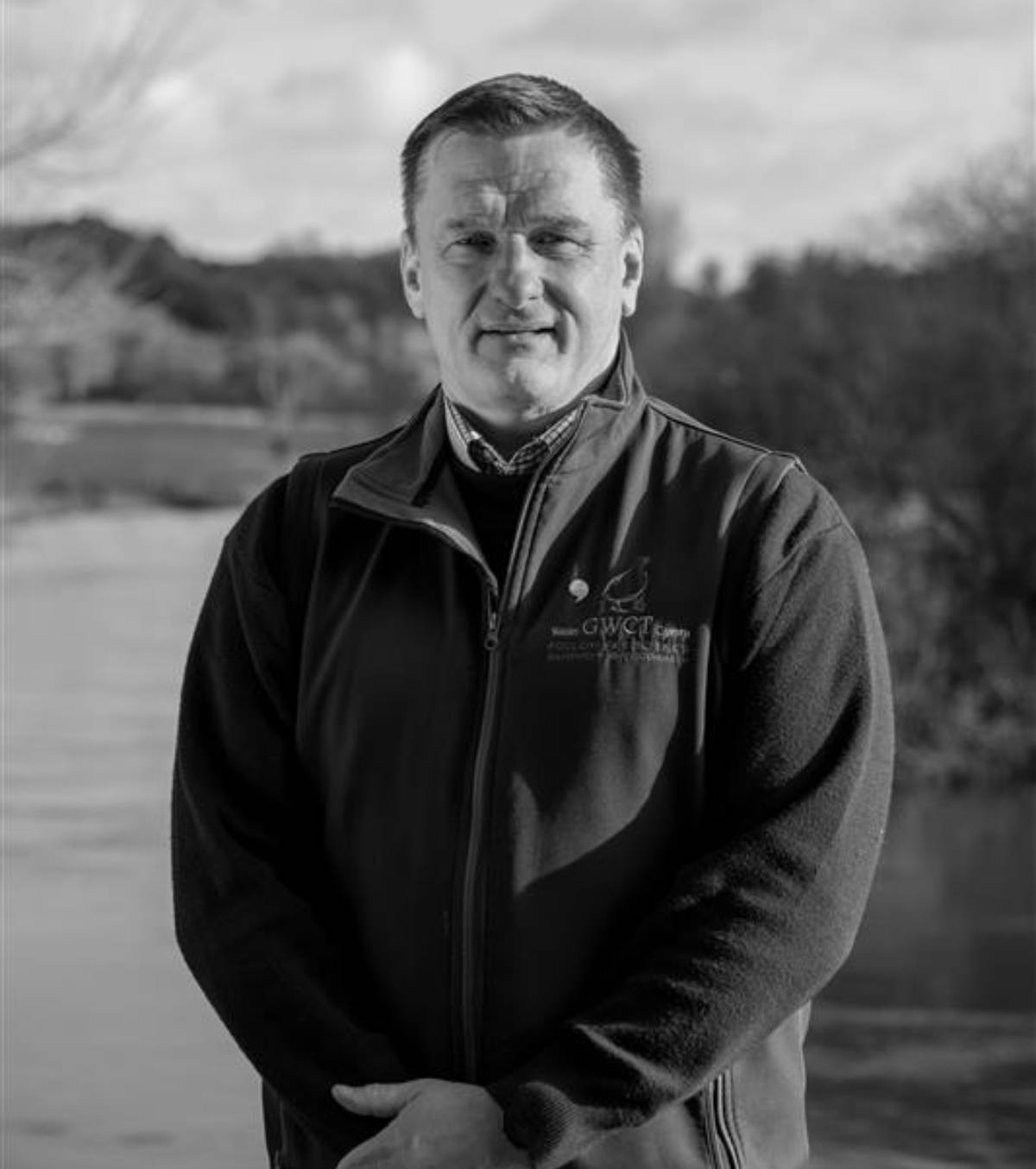
Born and brought up on the beautiful Llŷn Peninsula, North Wales, Lee is a first language Welsh speaker and comes from a farming community where his grandfather farmed sheep and cattle. Lee studied Environmental Risk Management at Cardiff UWIC. On graduating, he worked in boat building and then spent time in South Africa working on cattle and game farms.
Lee has been with the GWCT for nearly five years and has worked on a number of projects involving species such as woodcock, fallow deer, curlew and grey squirrels. He is also a CAA drone pilot and has developed this work within the Trust for surveying species.
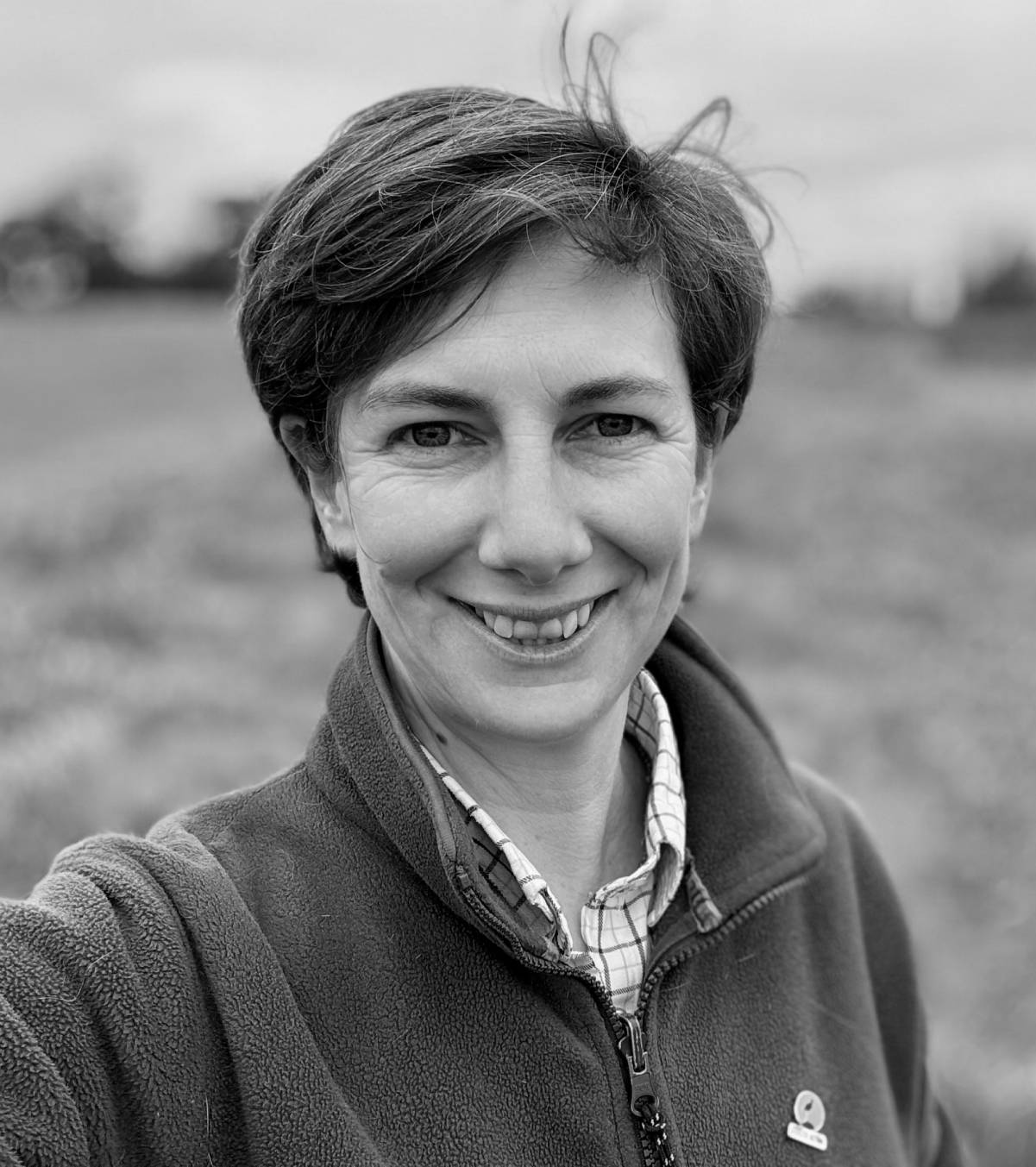
Kirsty is the biodiversity and conservation manager for The Crown Estate, where she helps to develop and deliver ambitious nature recovery projects with tenants across lowland England. She has over 20 years' experience of farmland conservation in both the commercial and charitable sectors as well as expertise in areas such as agri-environment schemes, natural flood management and biodiversity net gain. Having begun her career at the GWCT's Allerton Project, she has since set up three farm clusters and currently also volunteers as a board member and fieldworker for a local wader conservation project.
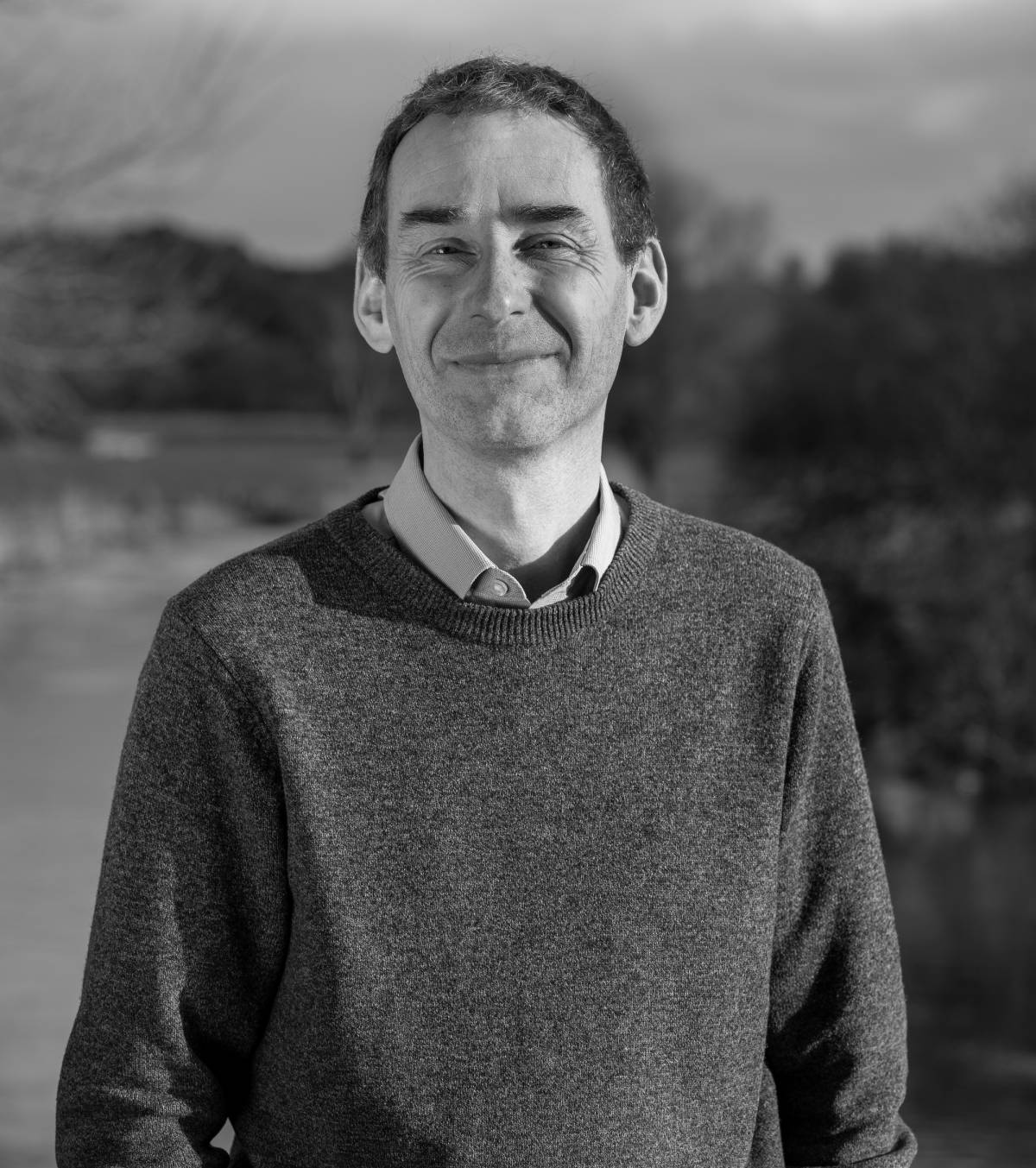
In the 35 years since joining the Game & Wildlife Conservation Trust in 1989, Andrew Hoodless has worked on key research projects which have gone on to influence policy and best practice. Having started as a graduate, completing his PhD on woodcock breeding and wintering ecology, he has gone on to become a recognised world authority on woodcock. The results of the GWCT’s studies of this elusive bird have since changed the understanding of woodcock migration. Other notable achievements are the Upland Predation Experiment in Northumberland, work to quantify the effects of gamebird releasing on woodland wildlife, and studies on breeding waders, which have all had a lasting impact.
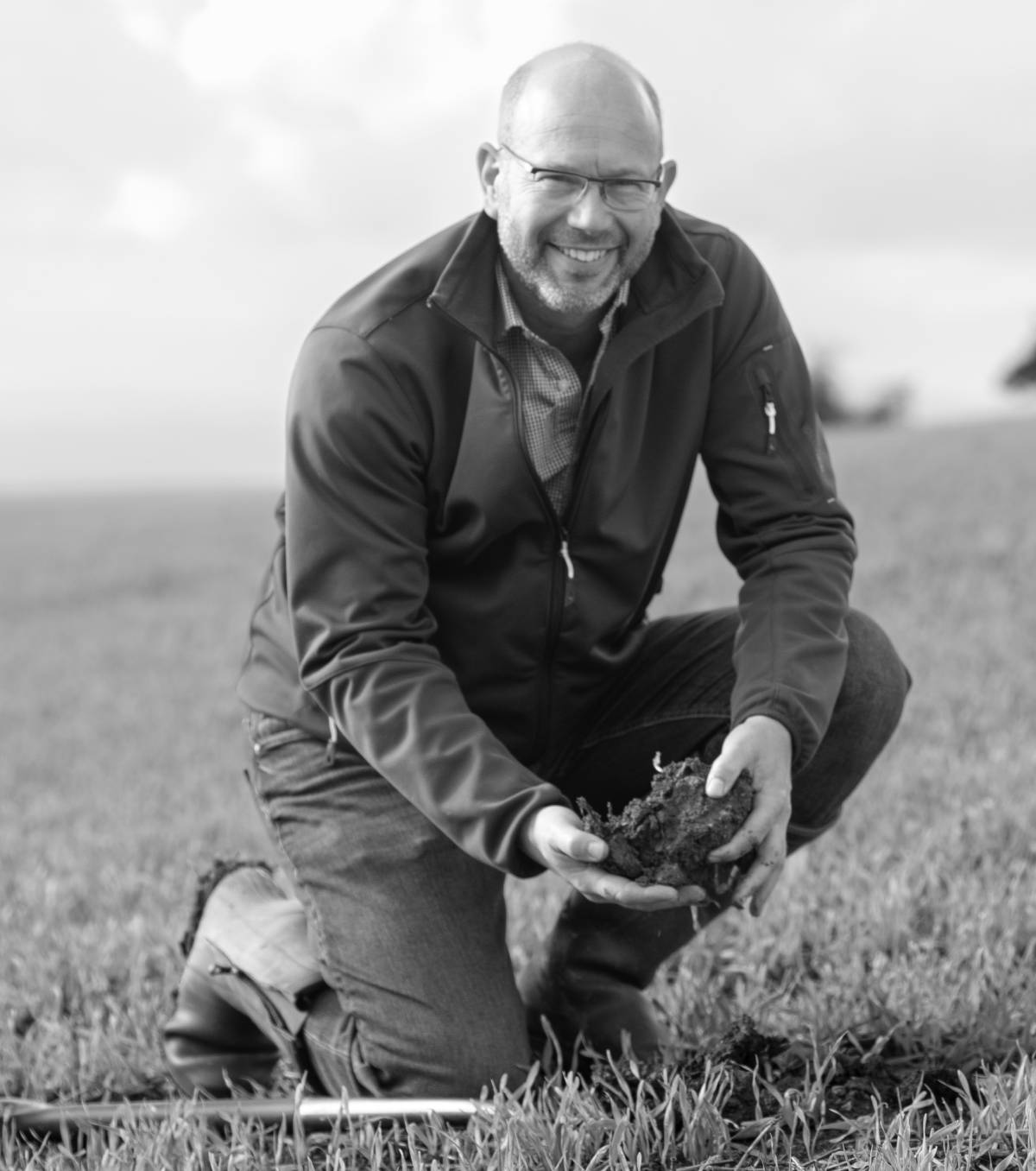
Jake manages the 1,600-hectare in-hand farming operations for Penelope Bossom, trading as Overbury Enterprises on the Gloucestershire/Worcestershire border. A LEAF Demonstration Farm (Linking Environment and Farming), it has been in a regenerative agriculture system since 2015 and is integrated with a flock of 1,000 outdoor lambing ewes. The farm hosts a diverse Higher Tier stewardship scheme and a 2023 SFI scheme.
A Nuffield Farming scholar, Jake has picked up many accolades over the years, including the ‘Soil Farmer of the Year’ award from the Farm Carbon Toolkit in 2020, the Farmer’s Weekly ‘Environmental Champion’ in 2021, the BBC Food and Farming ‘Future of Farming’ award in 2022 and 2023, and the Caroline Drummond Award for Innovation and Communication in 2023.
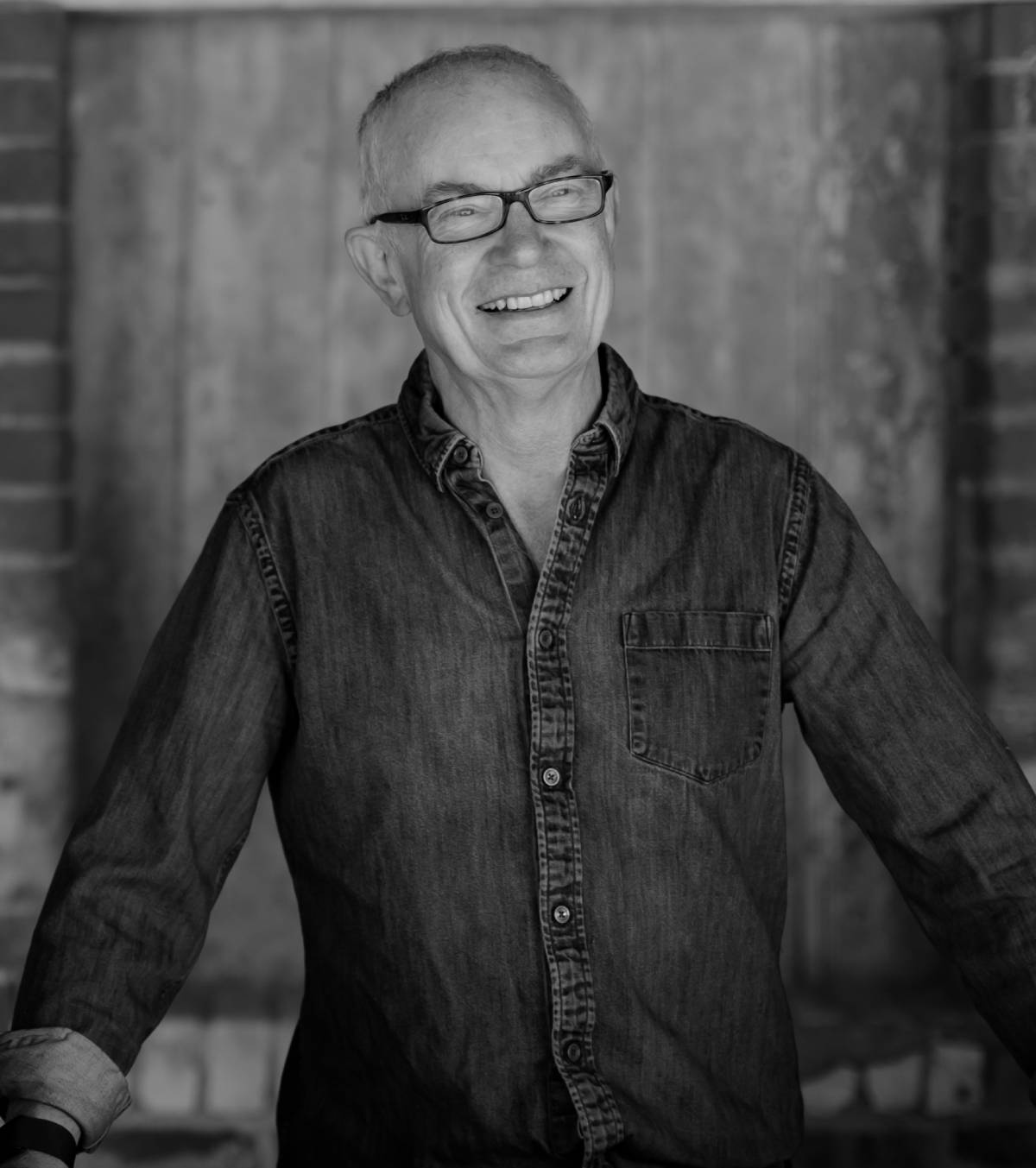
John is a fourth-generation farmer and a director of Shimpling Park Farms Limited, farming 650 hectares in Suffolk. John farms an additional 980 hectares for neighbouring farmers under various agreements – all are managed organically, and the first farm among them was converted to organic production in 1999. Since then, John has improved the farm’s soils and increased biodiversity alongside profitable food production. Crops grown include an array of legumes and cereals as well as some speciality organic crops, some within an agroforestry system. Diversifications on the farm include environmental schemes, commercial and domestic rentals, and renewable energy projects.
